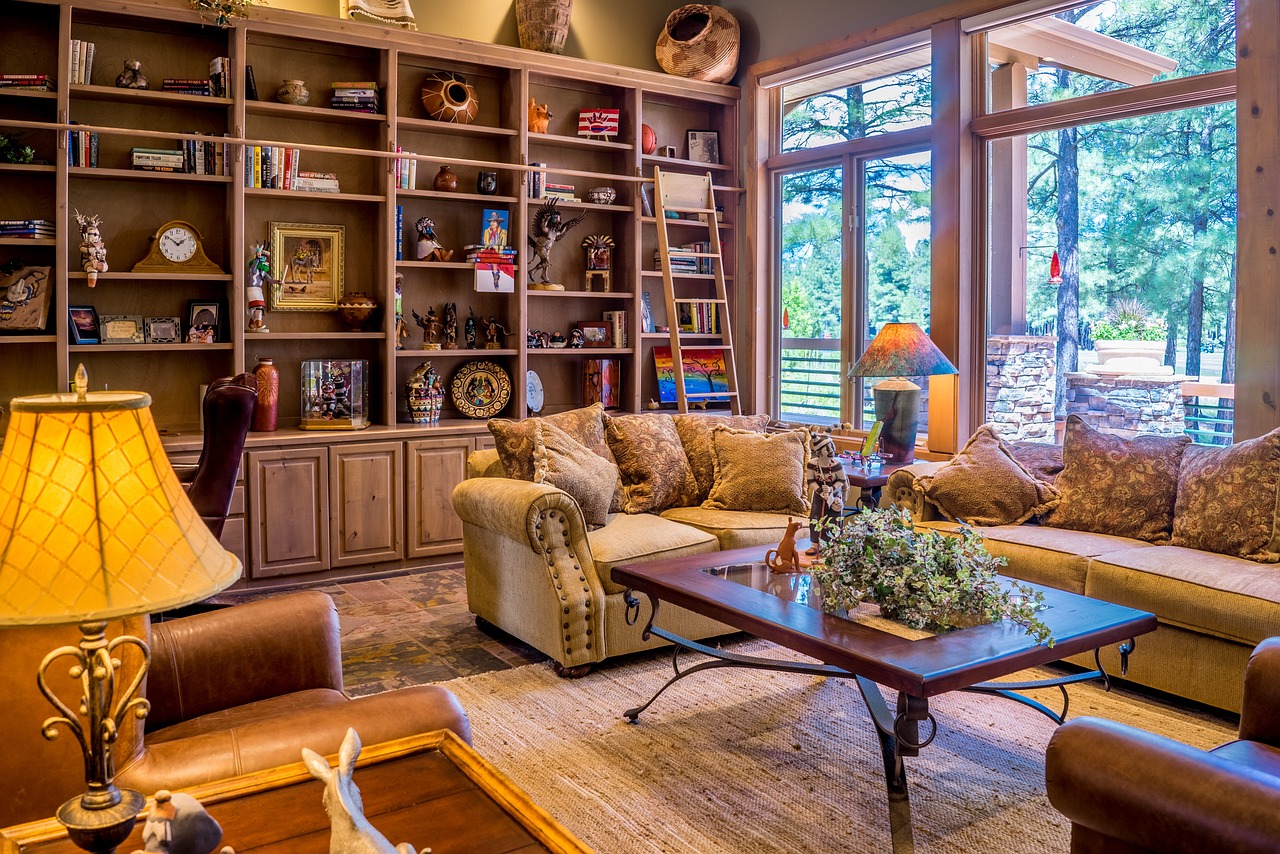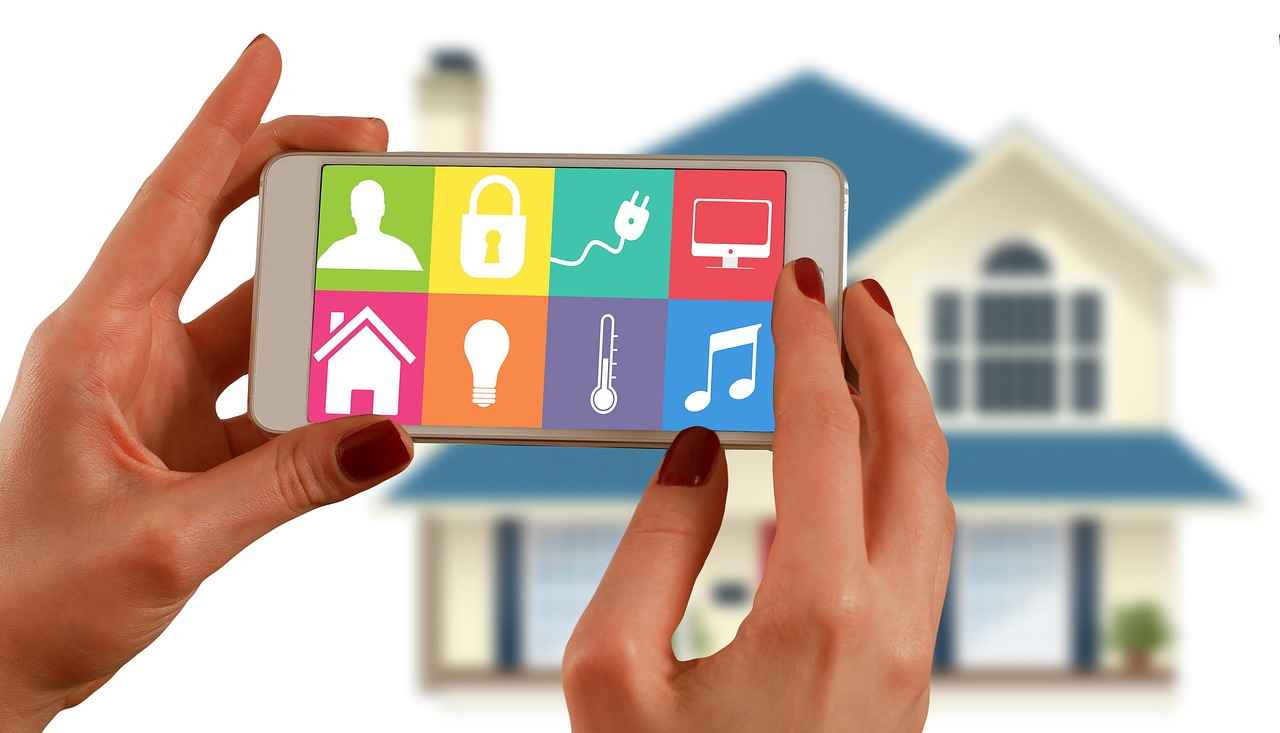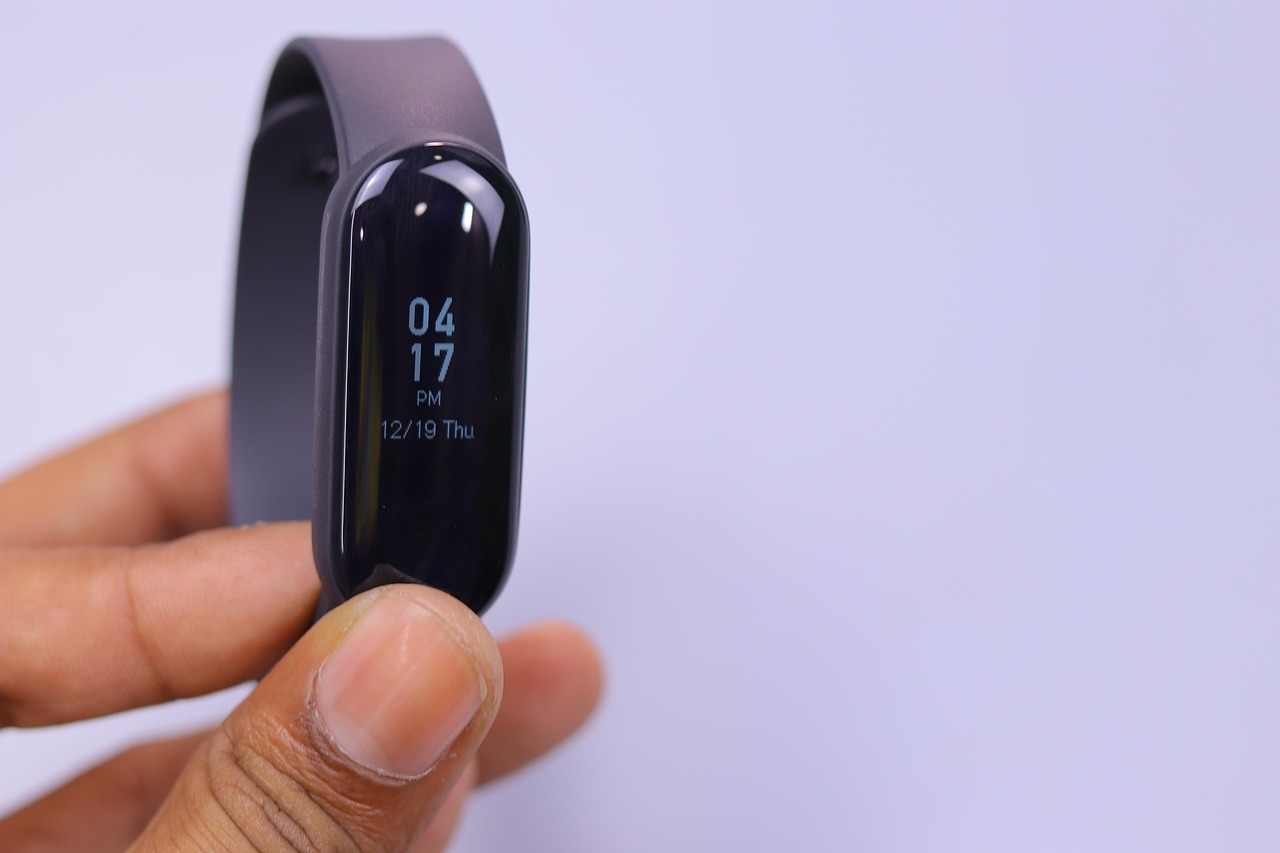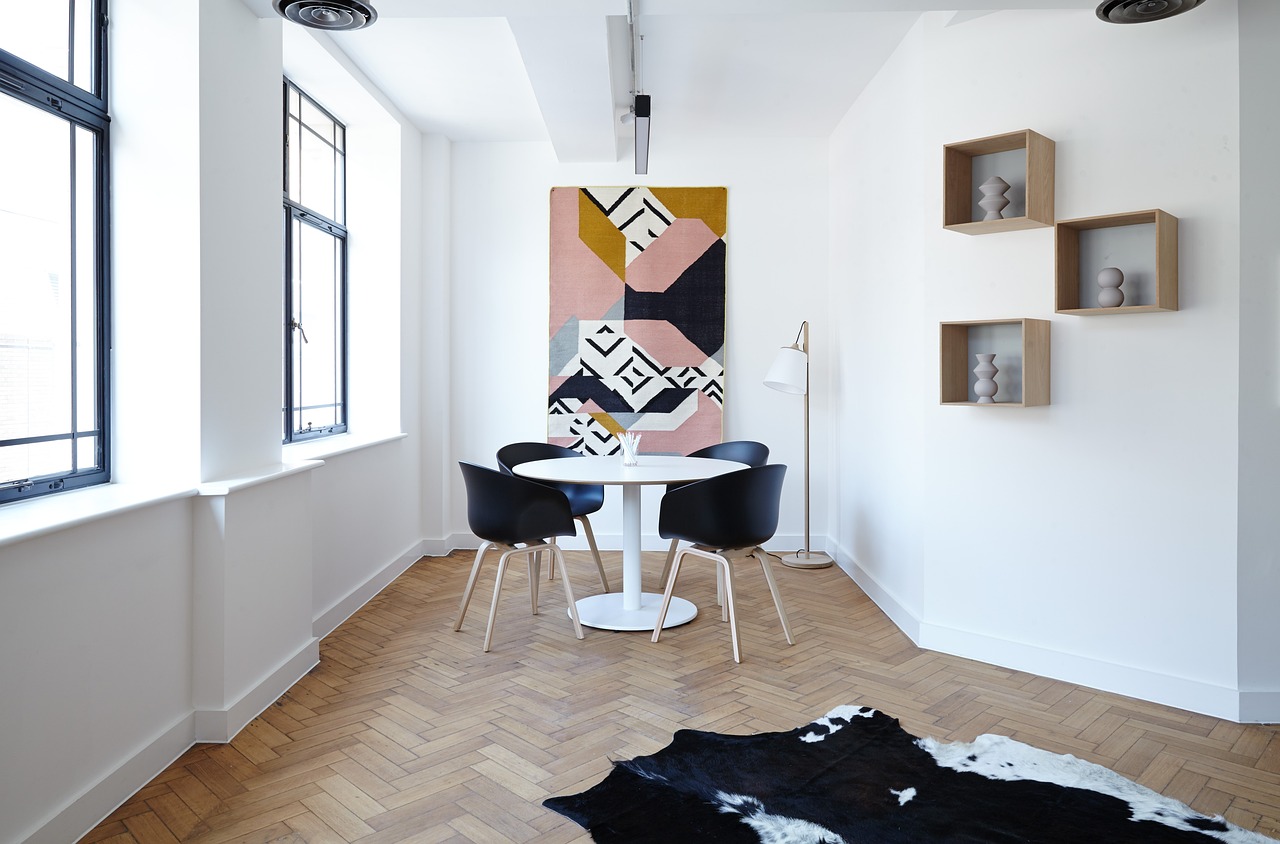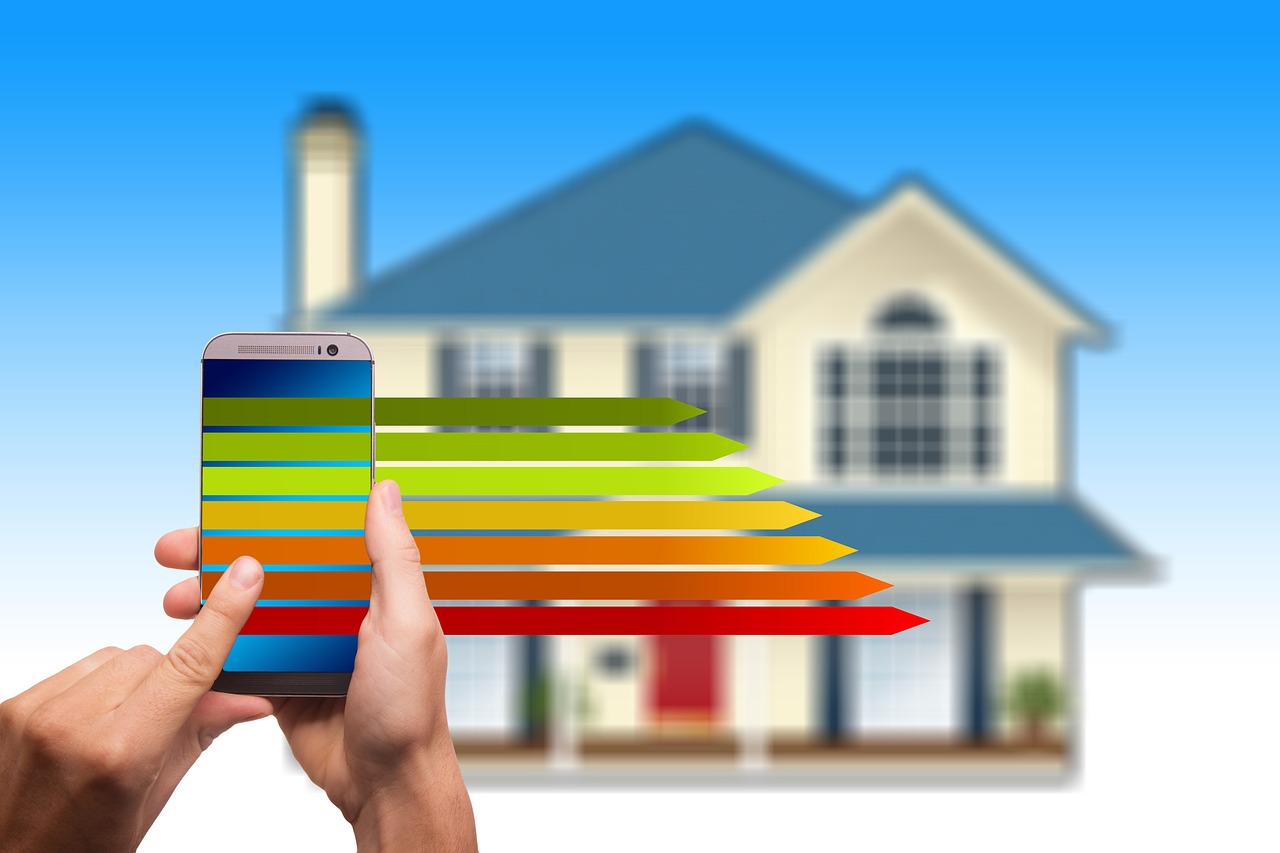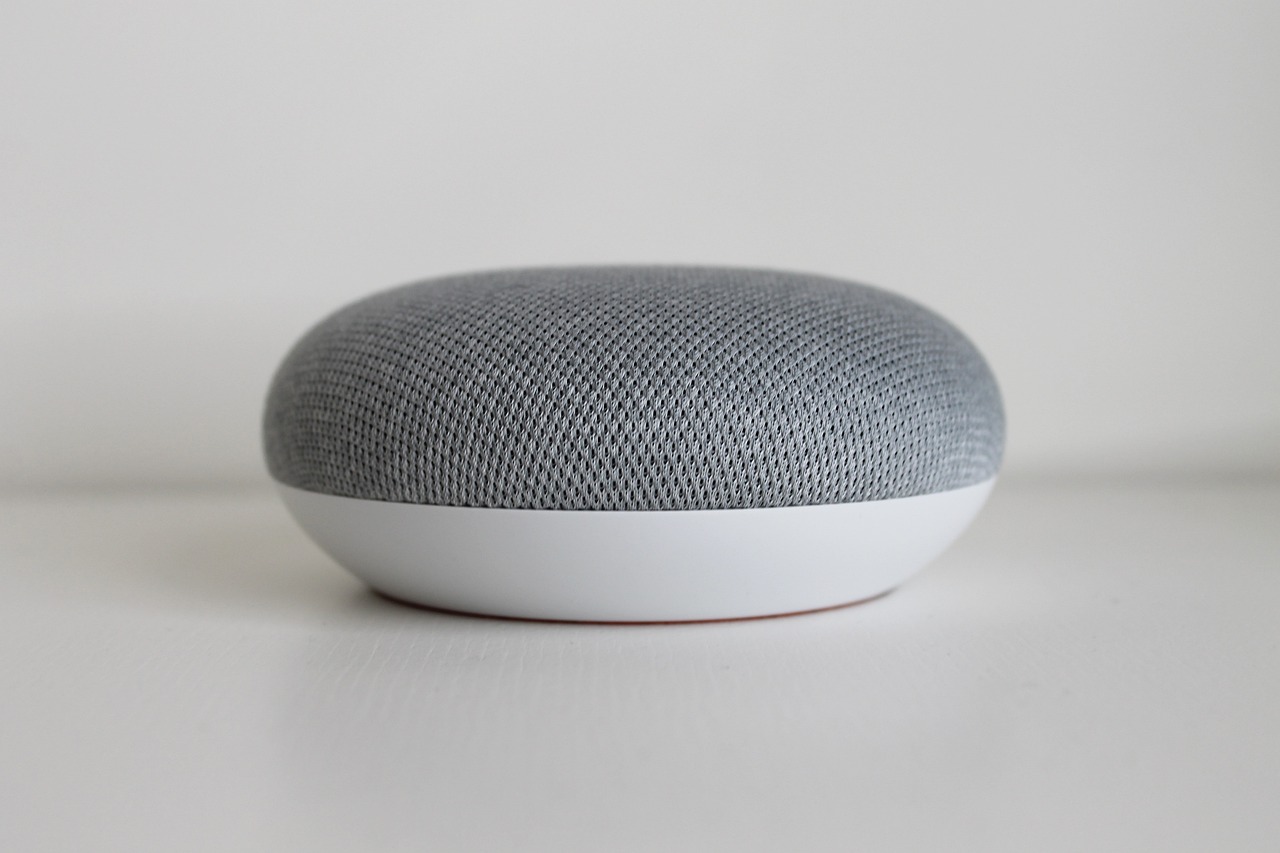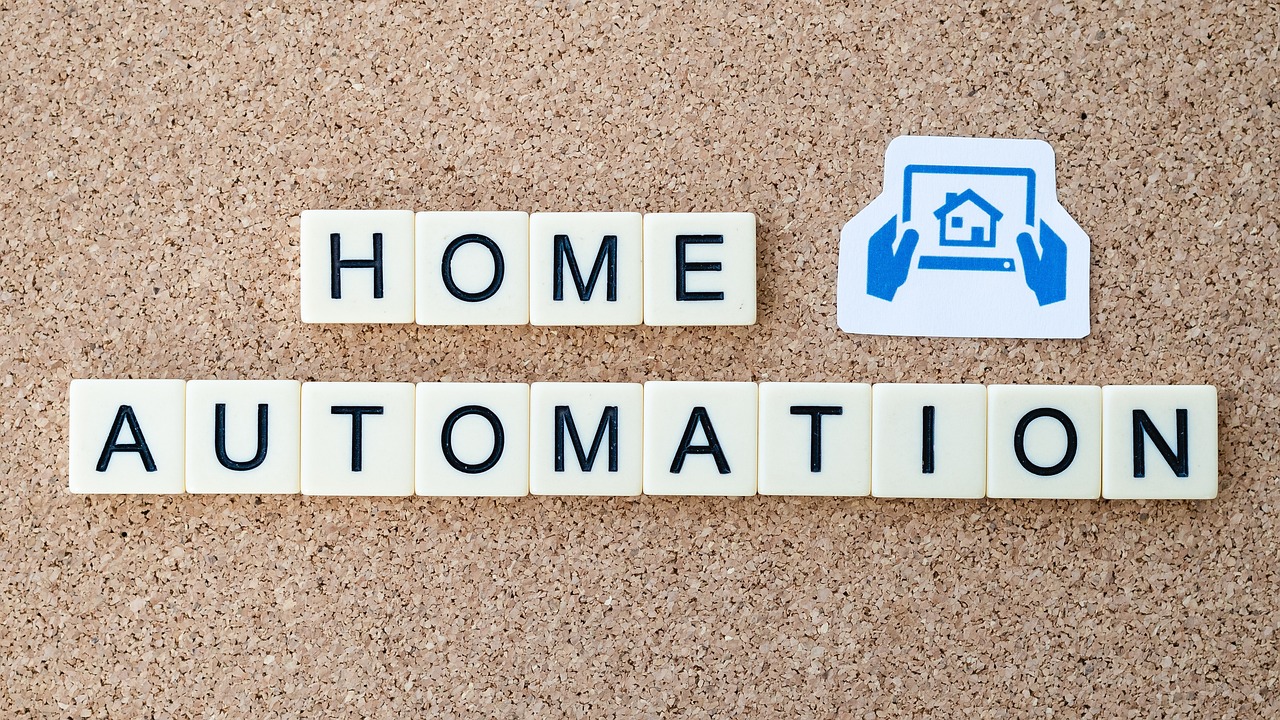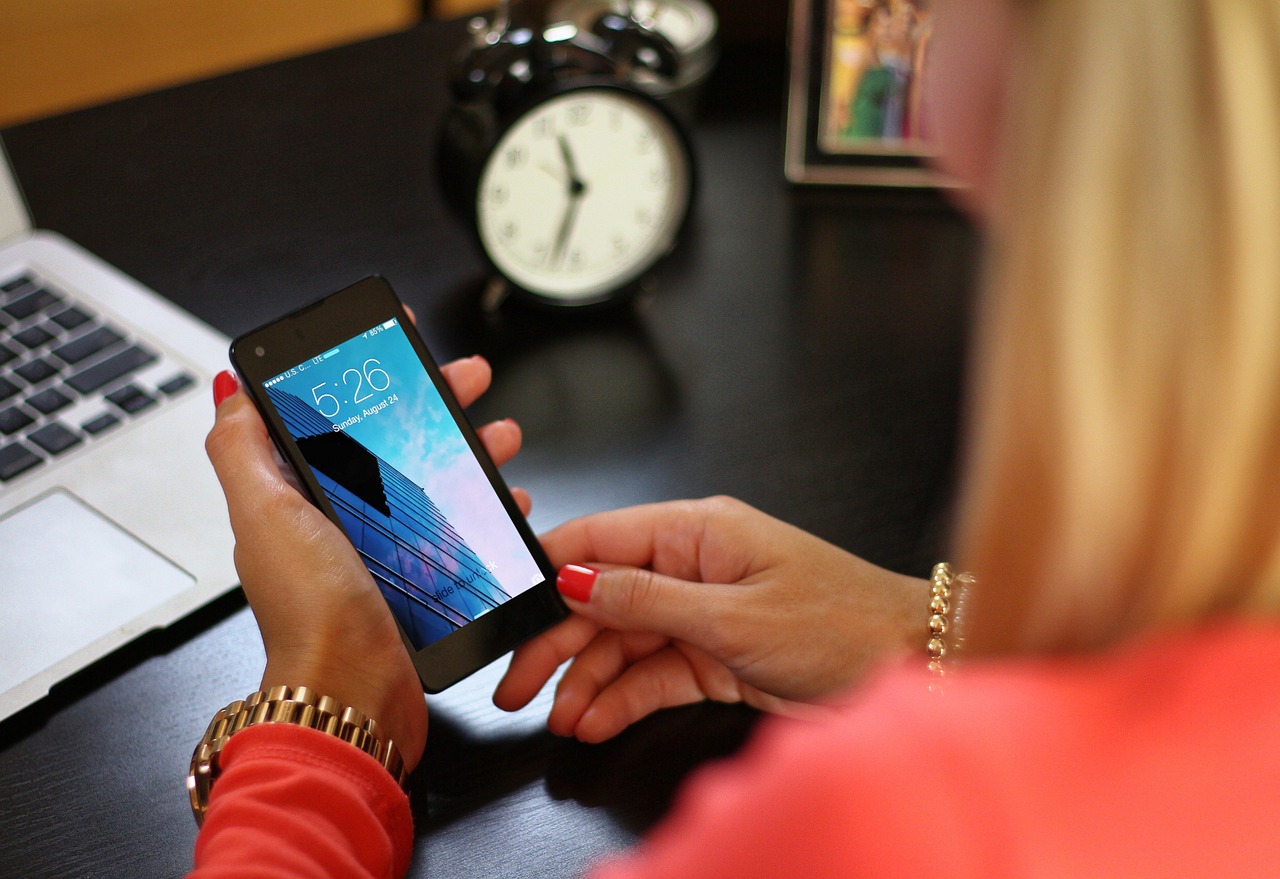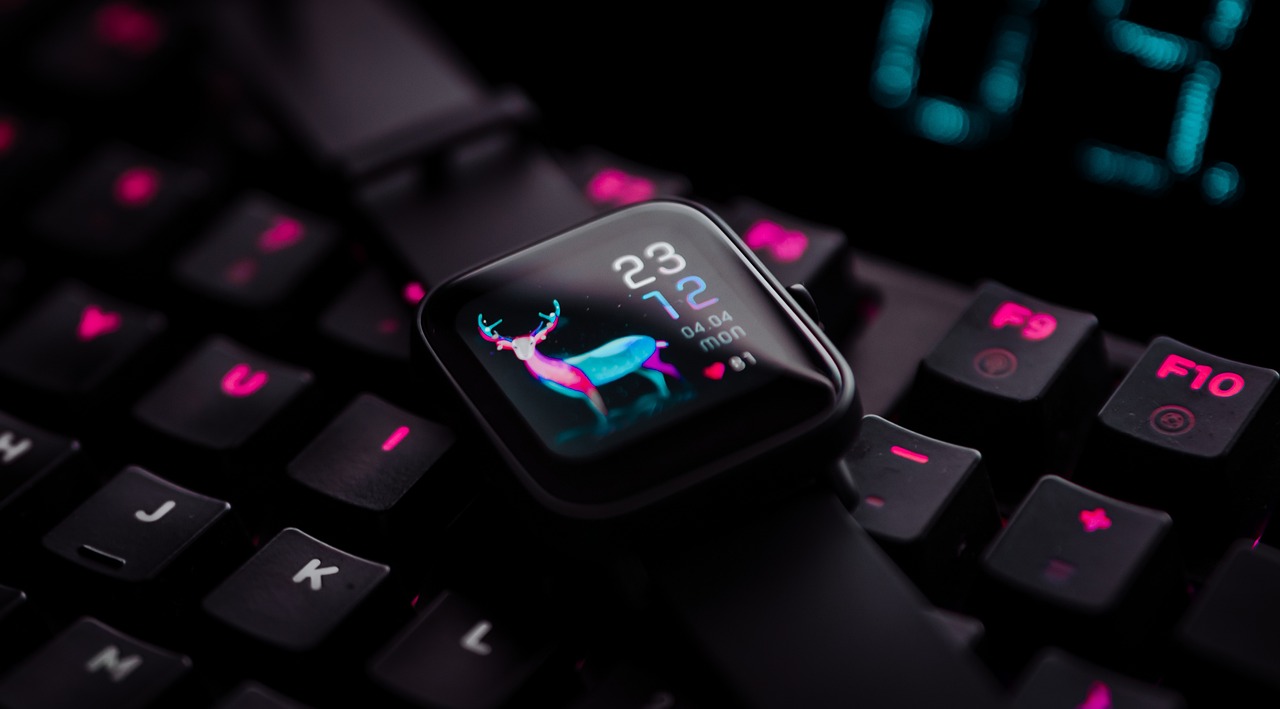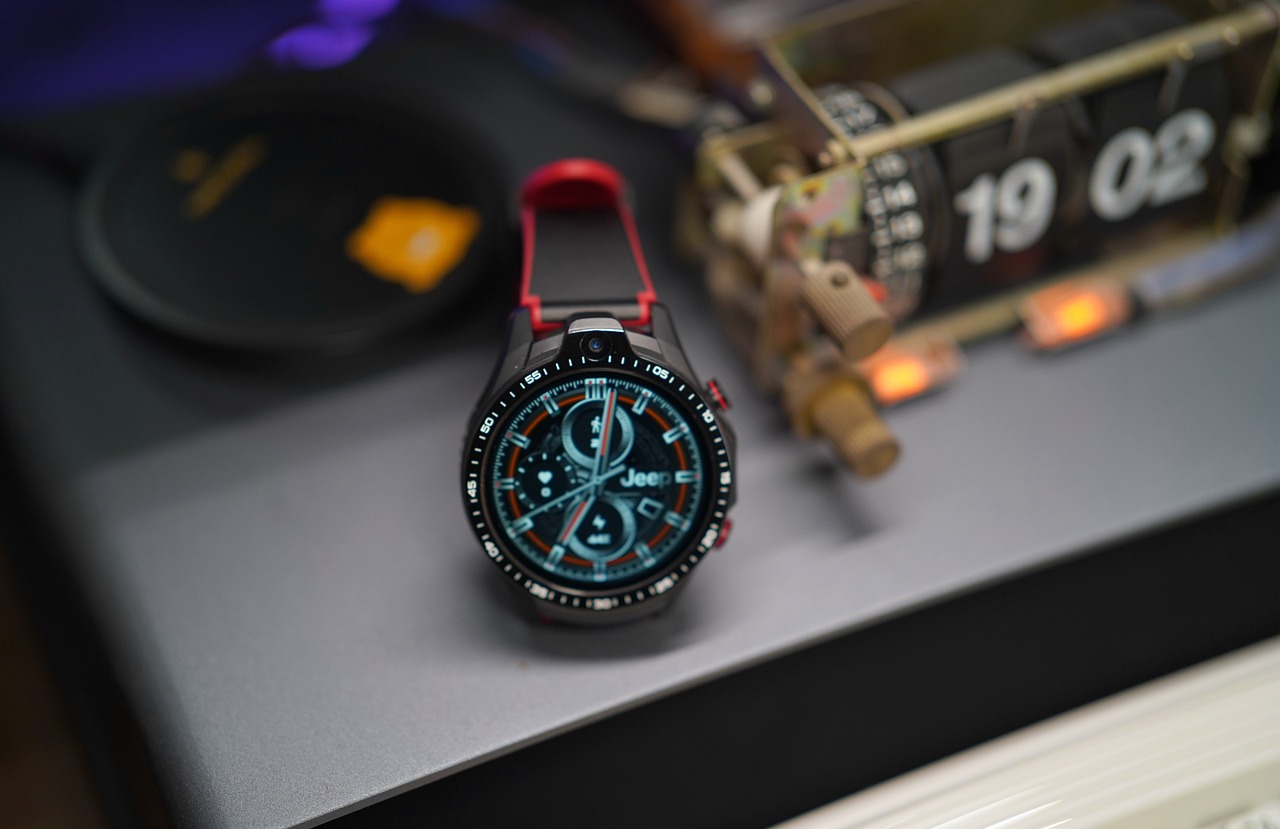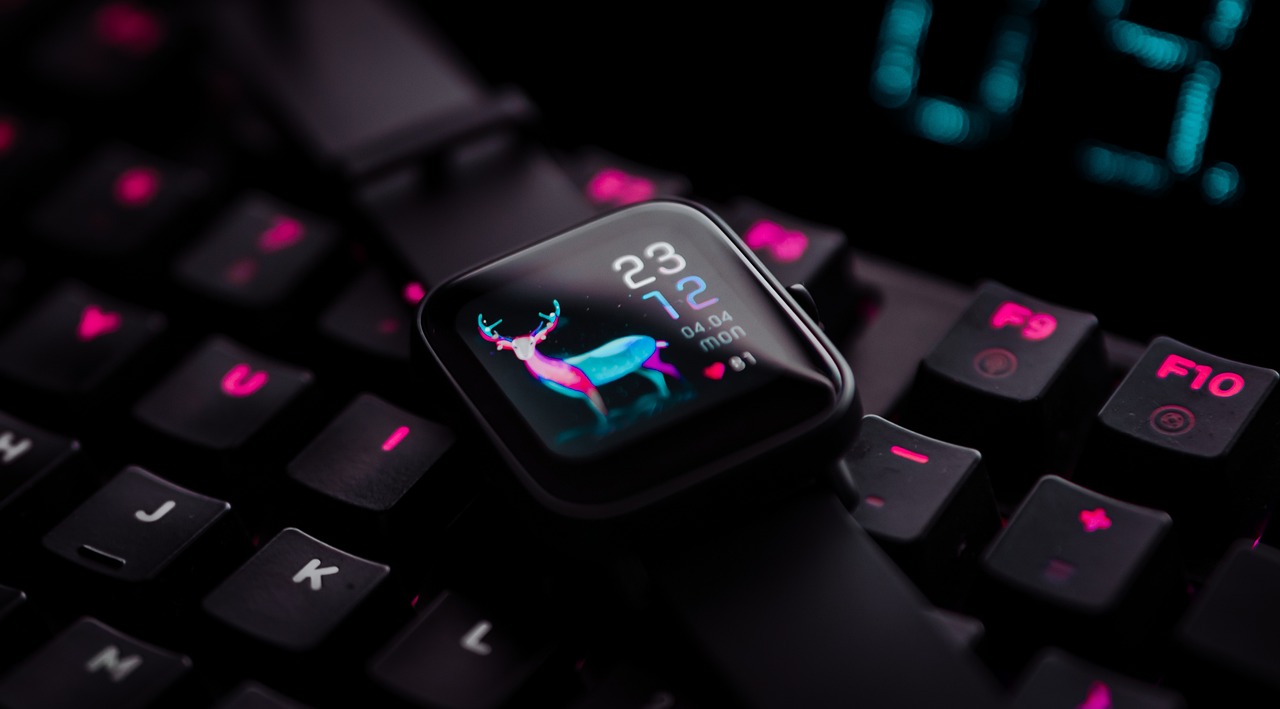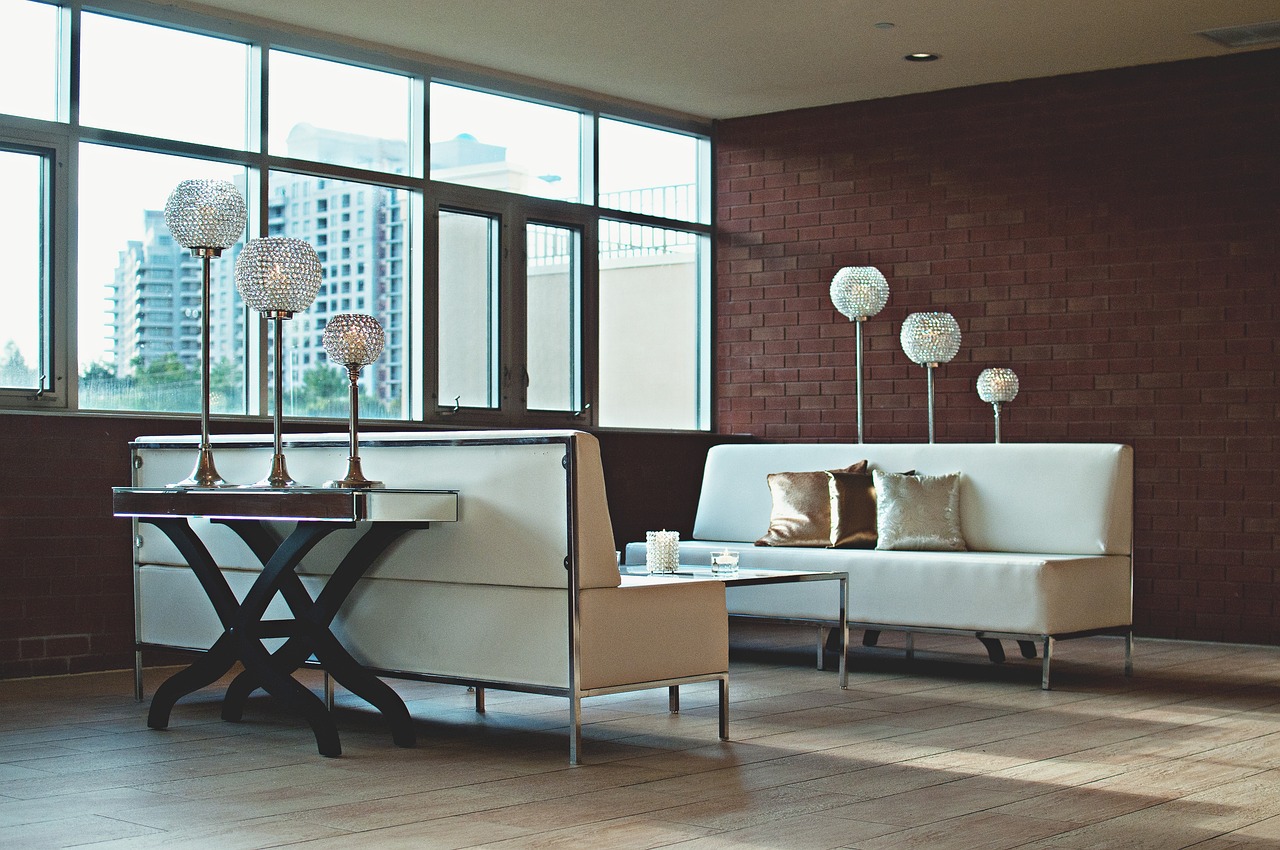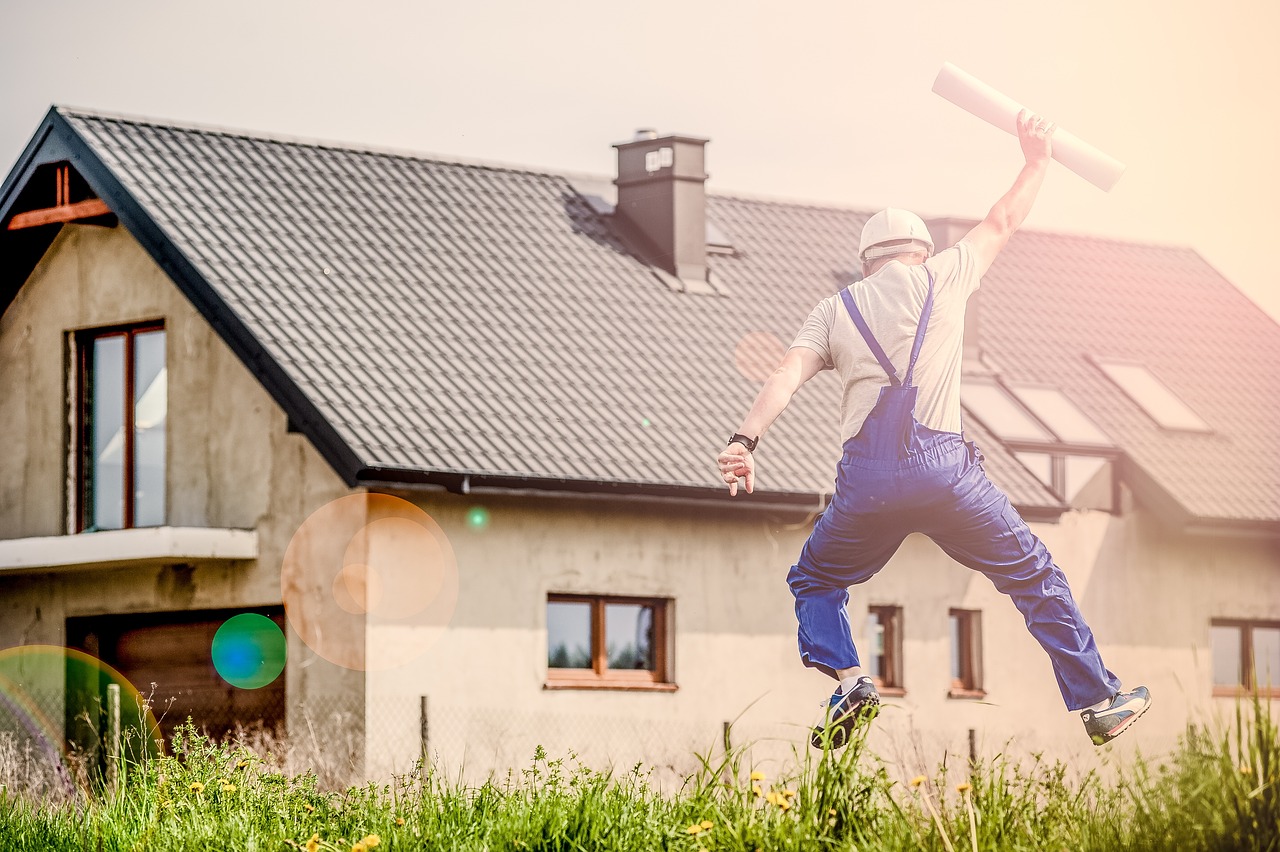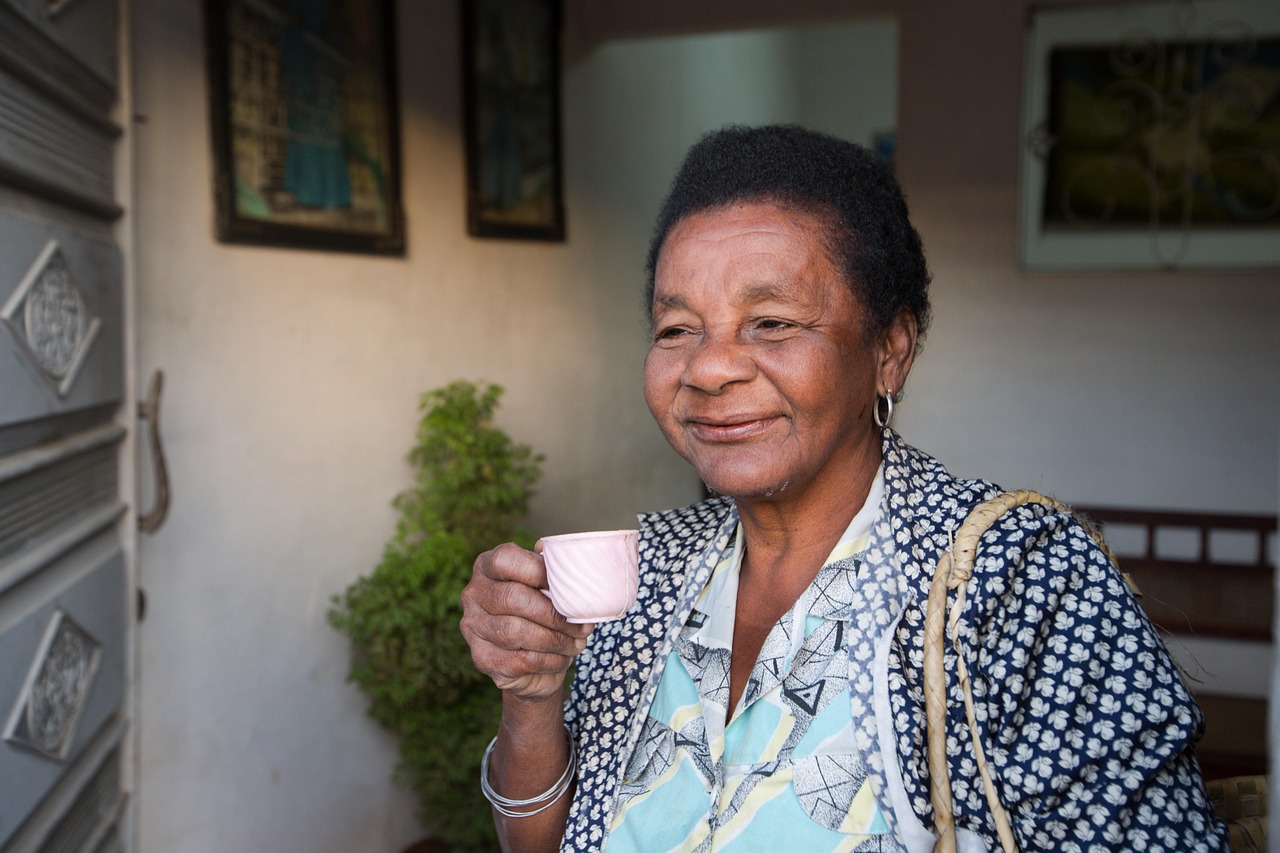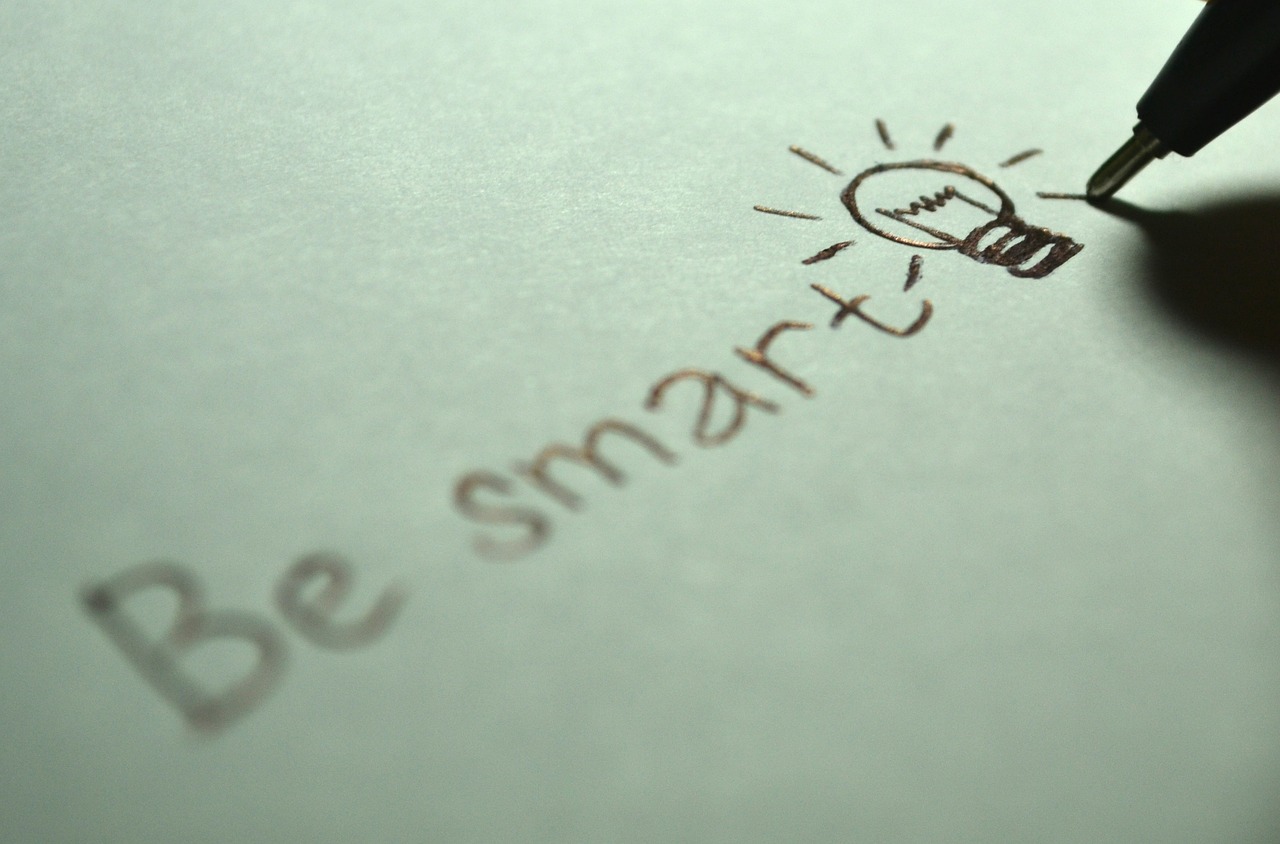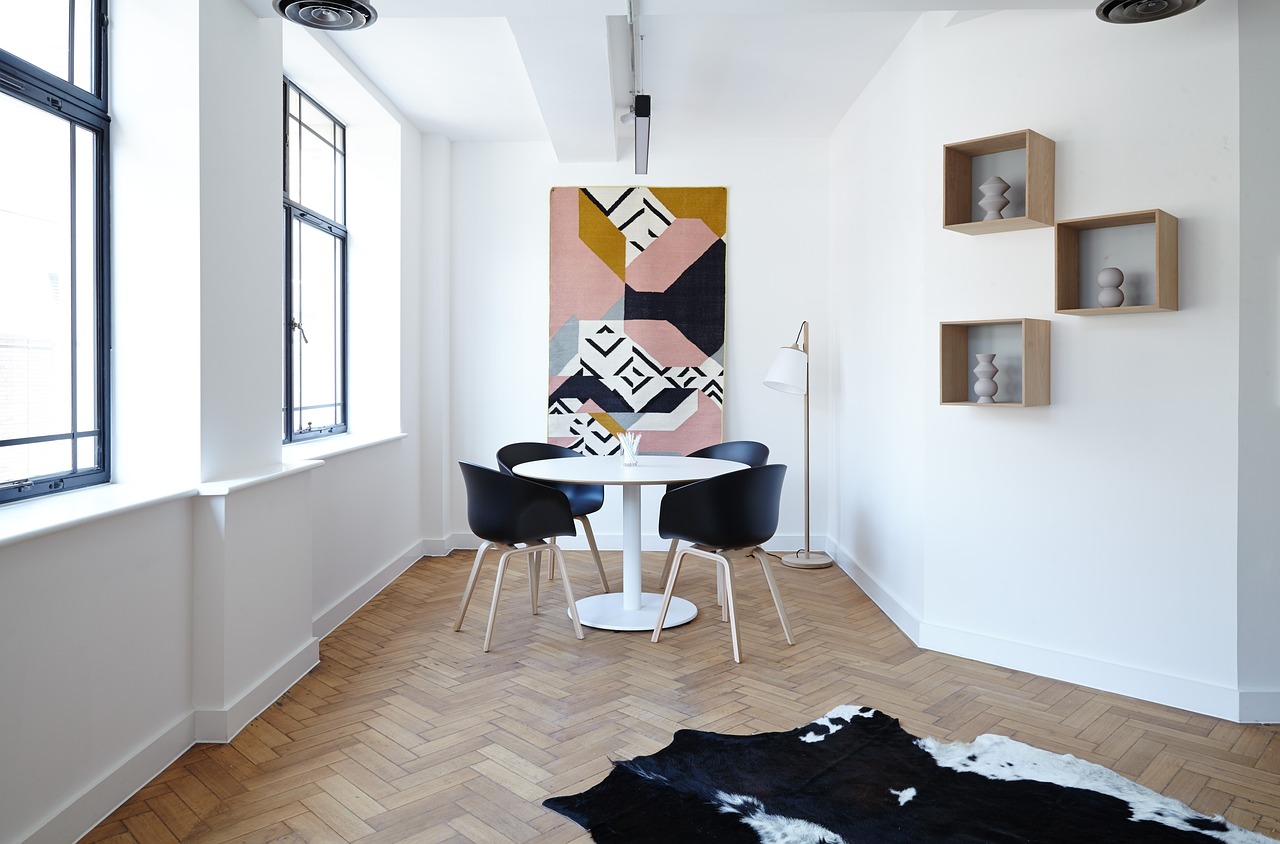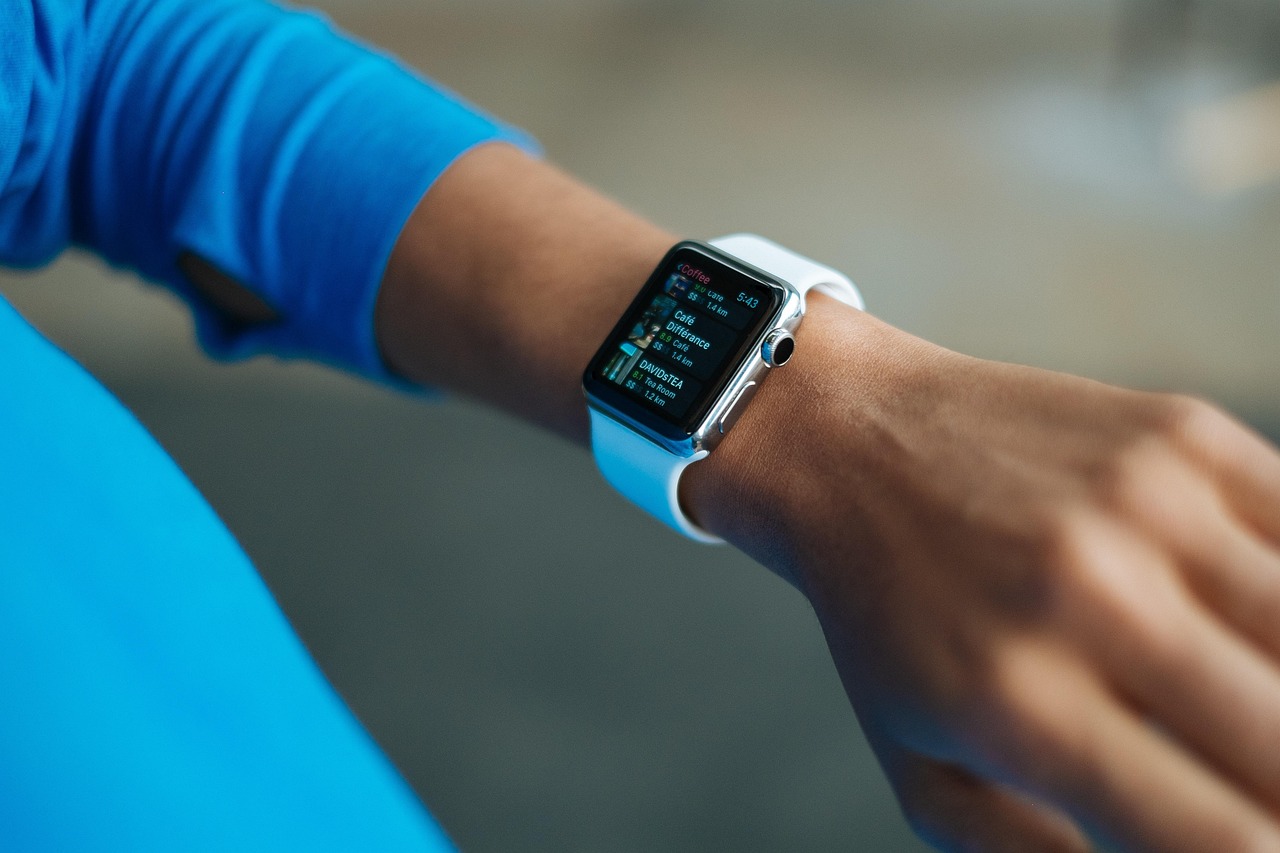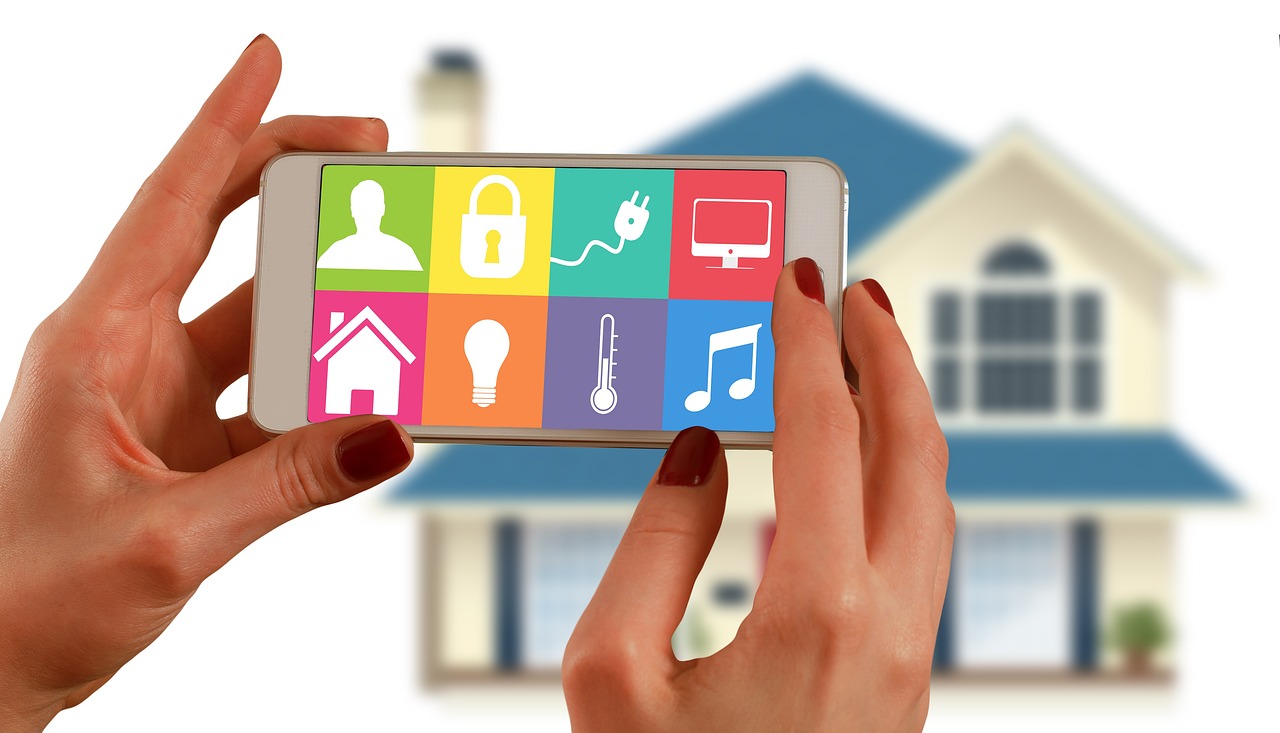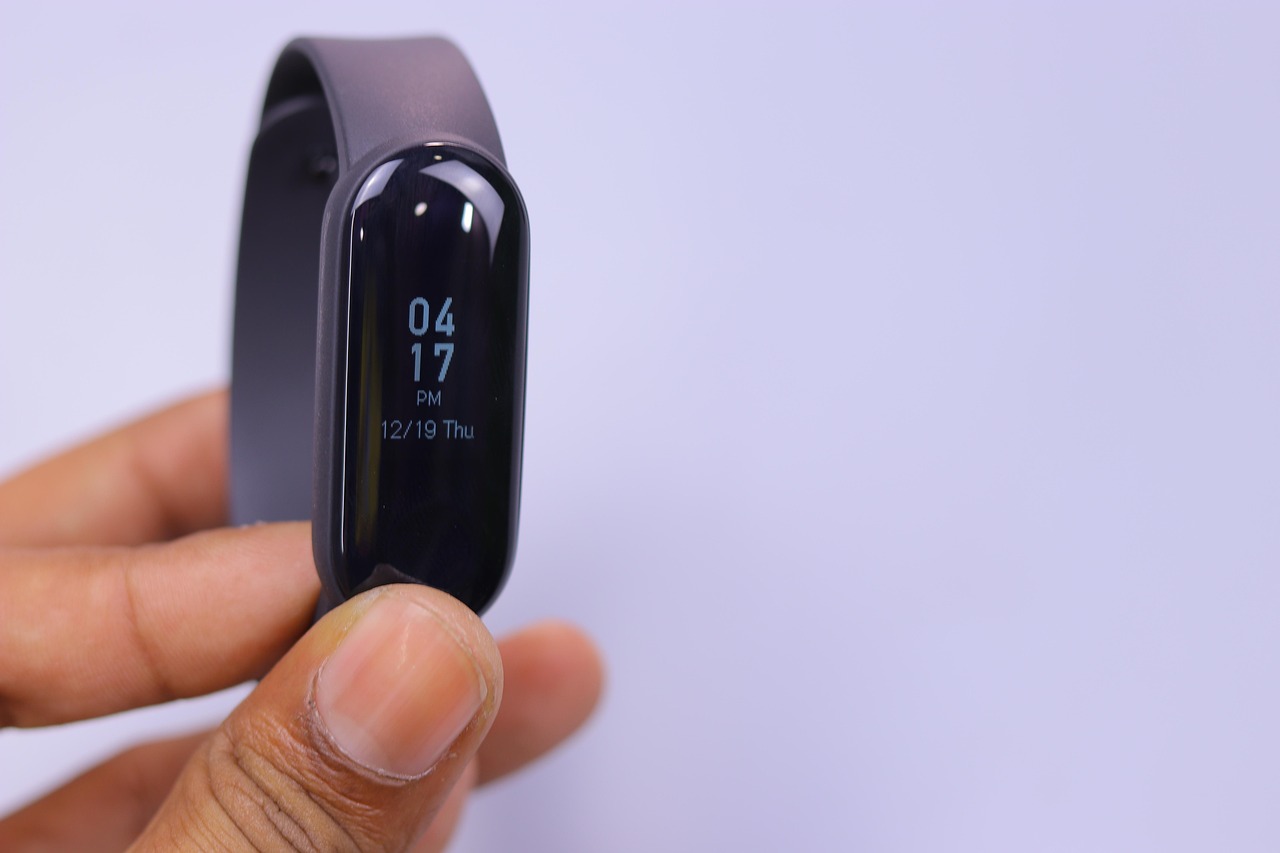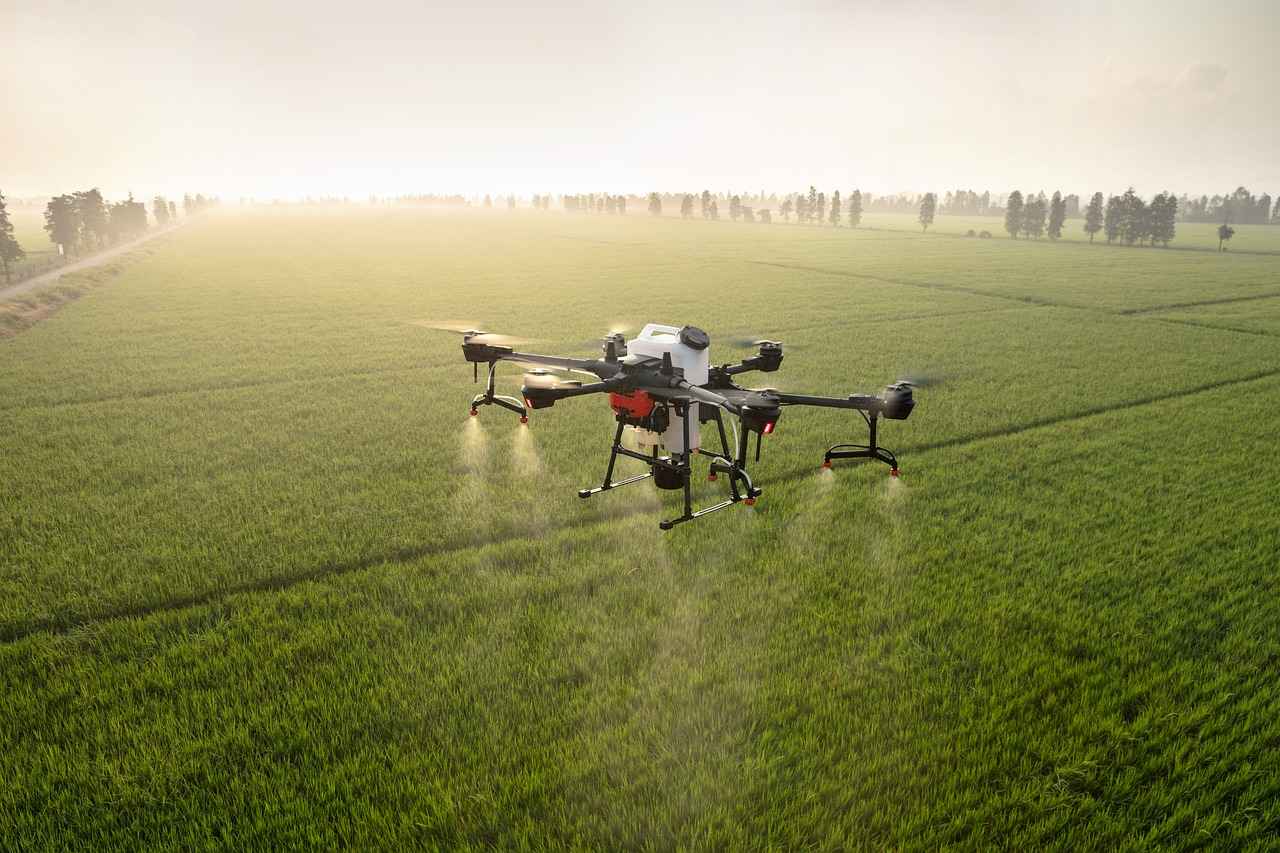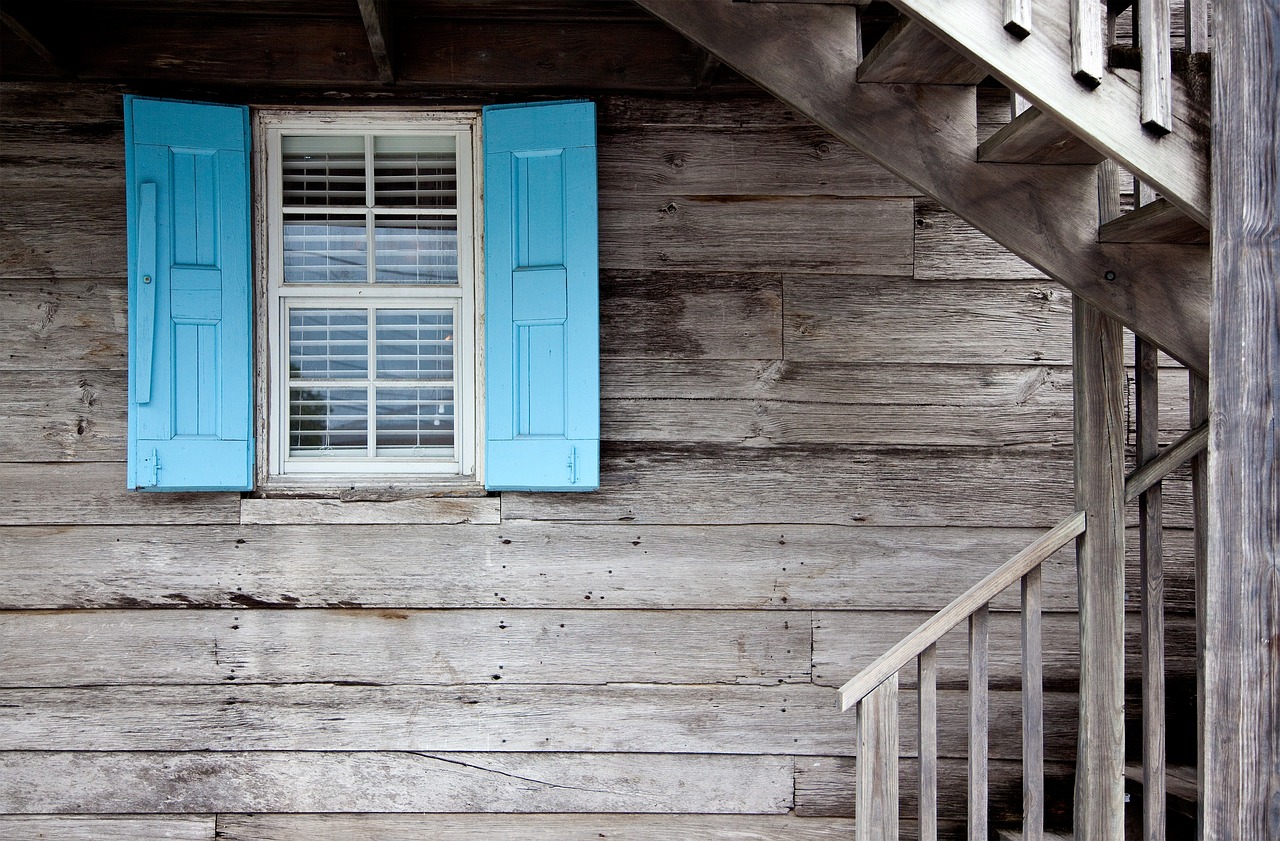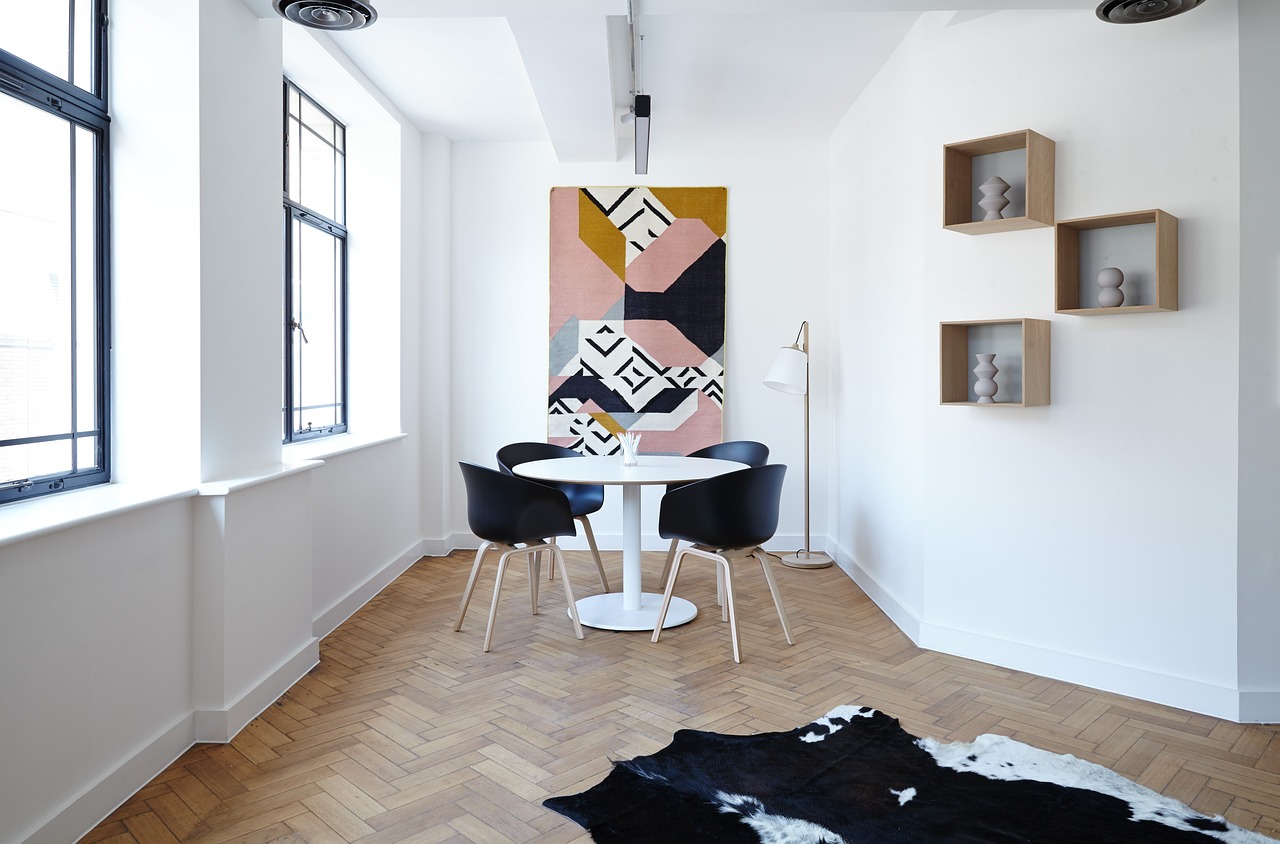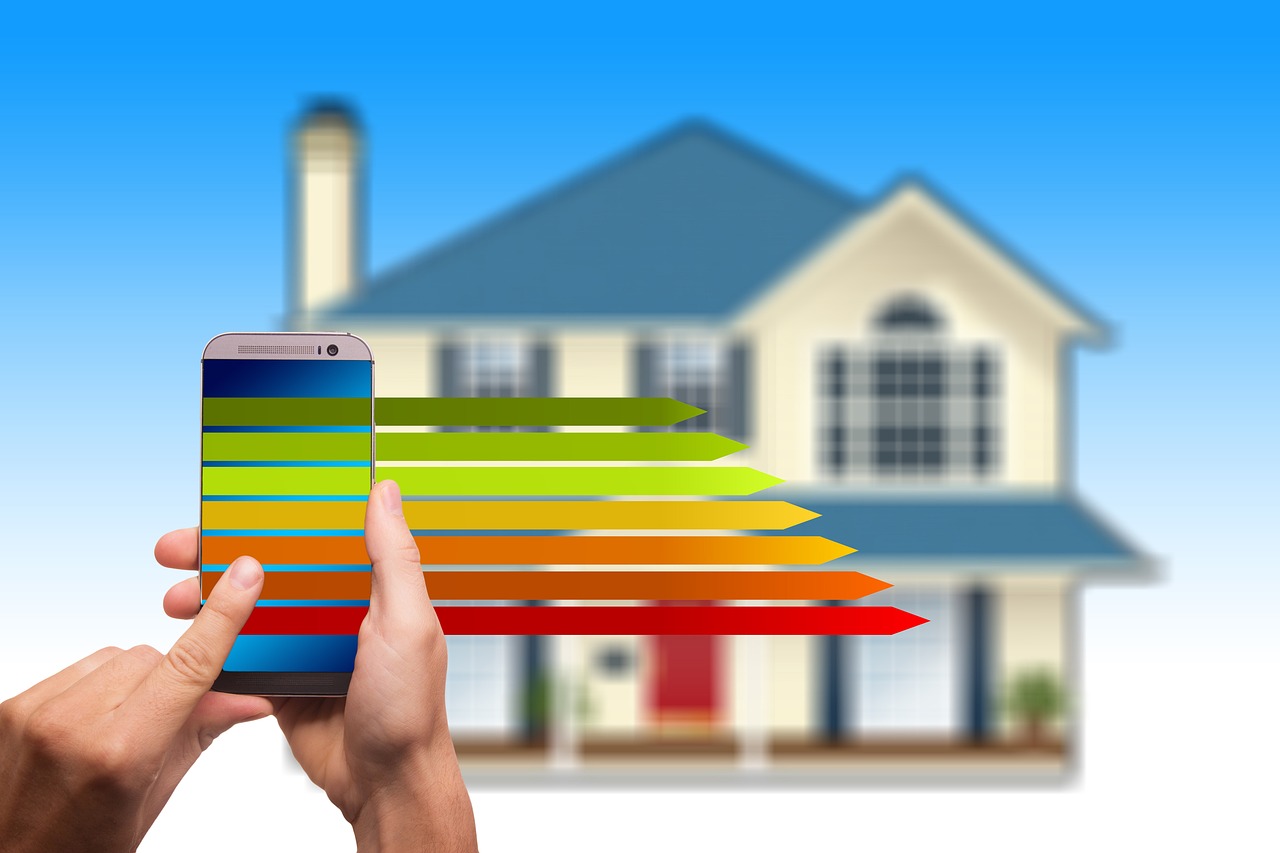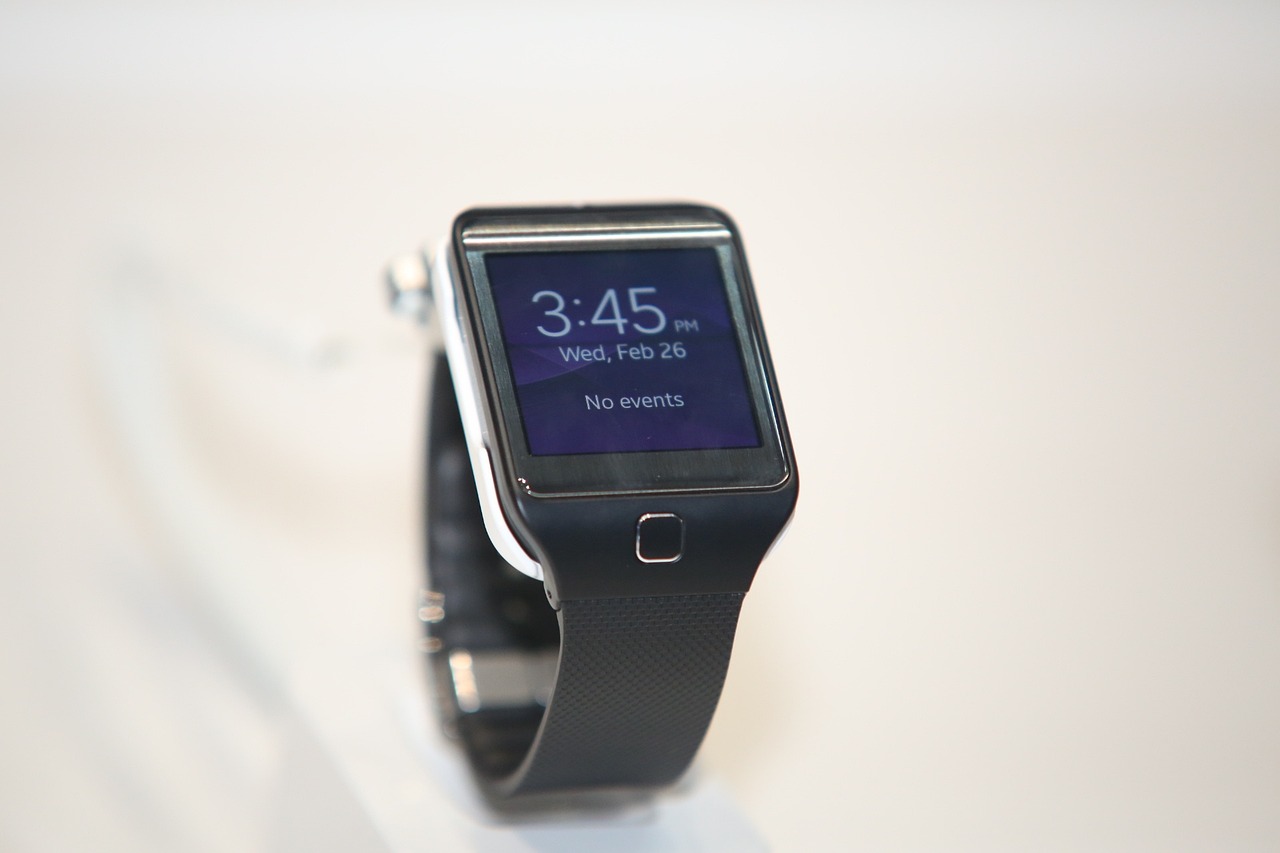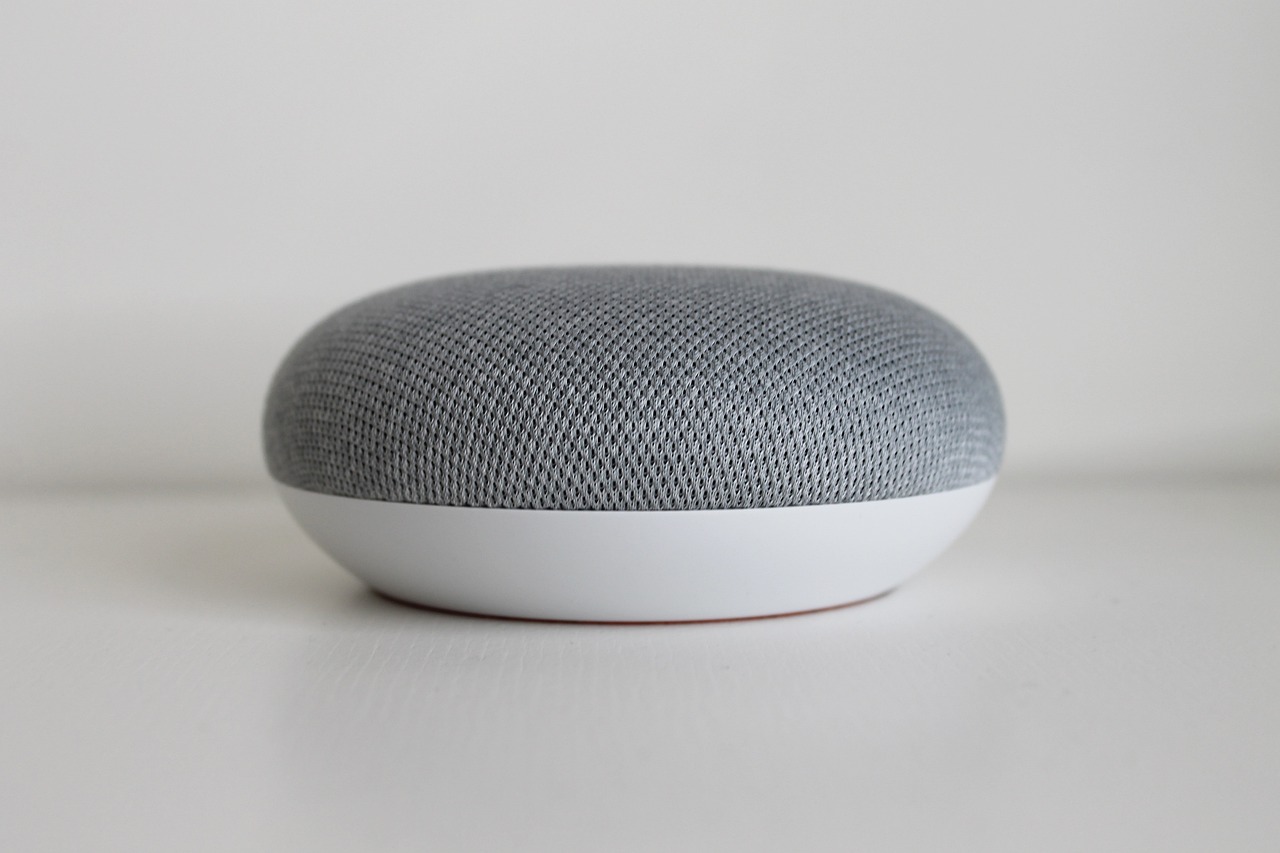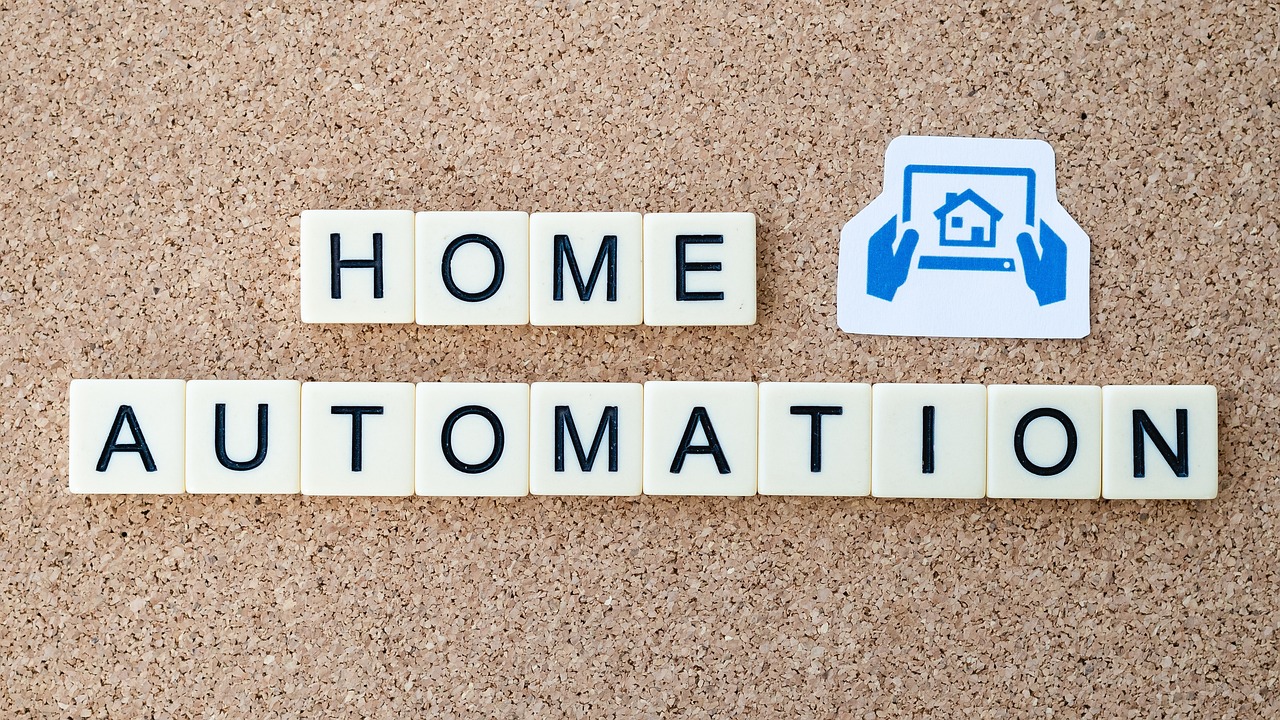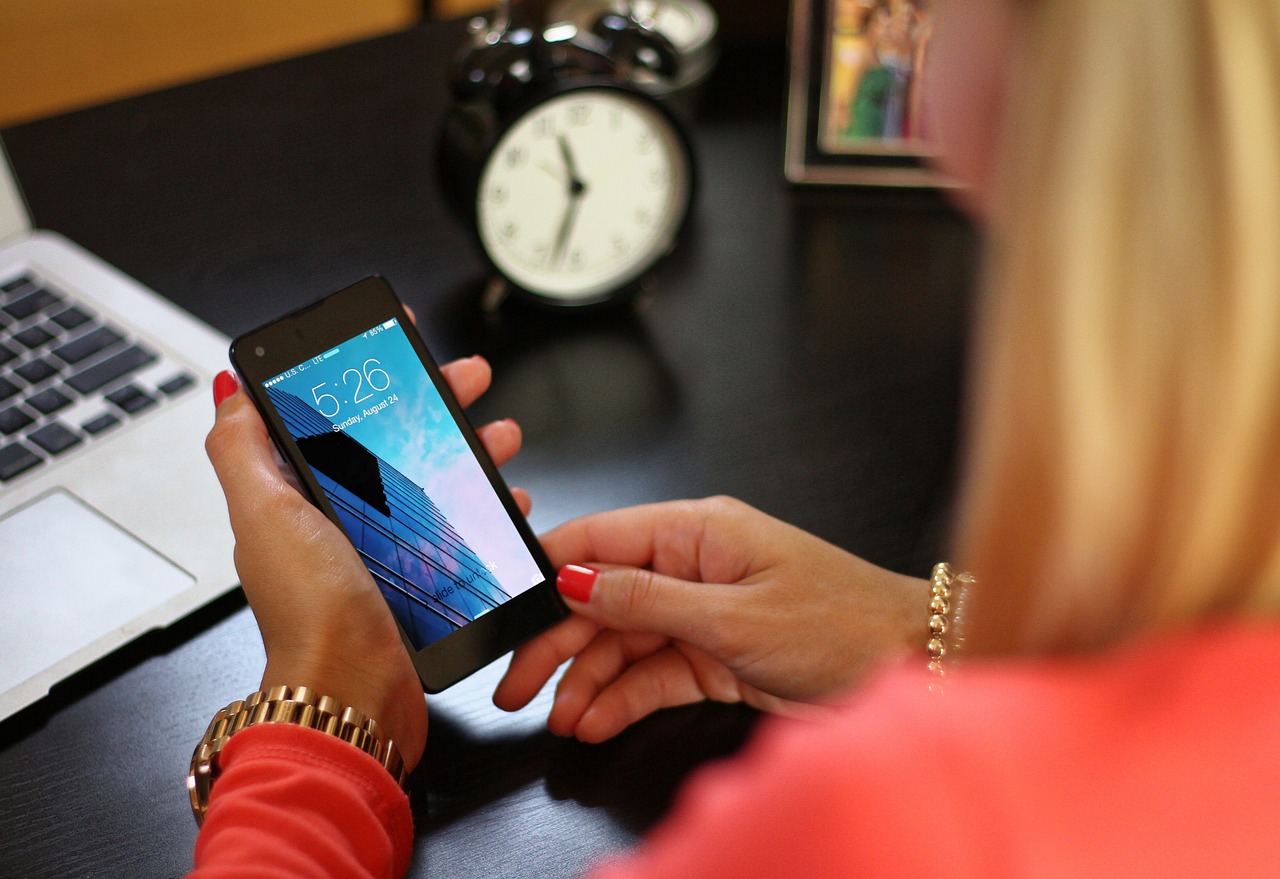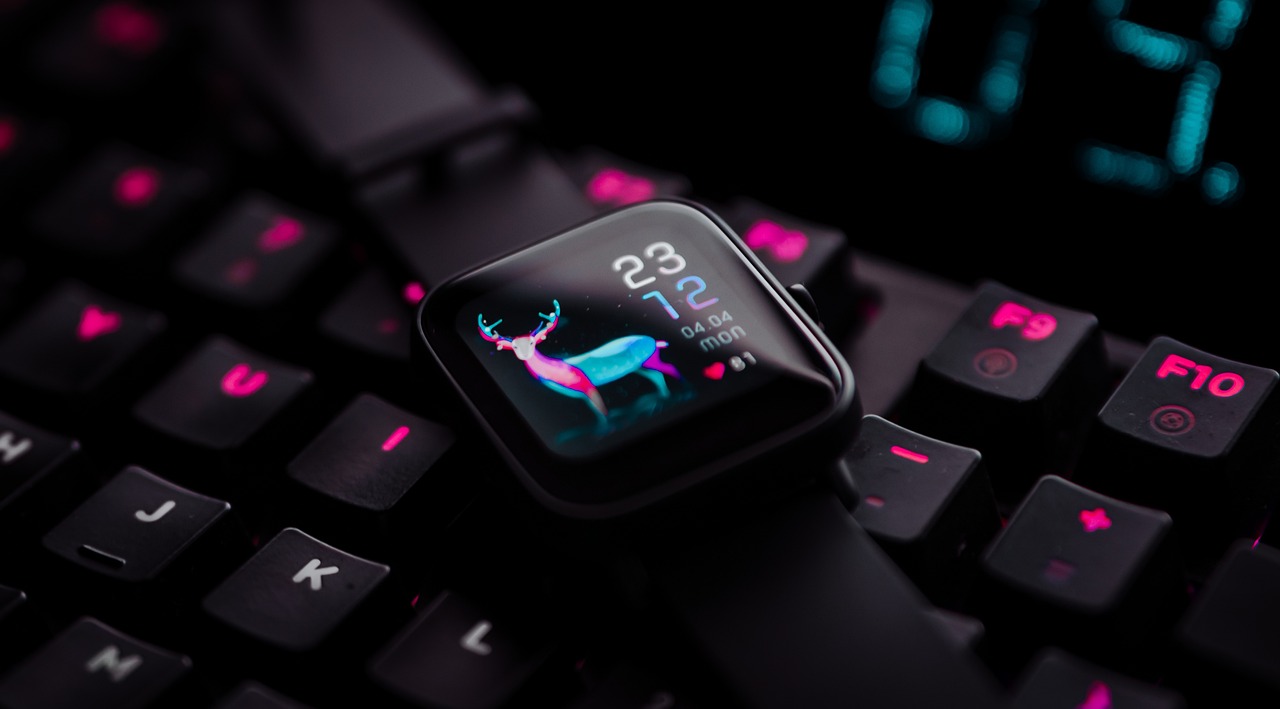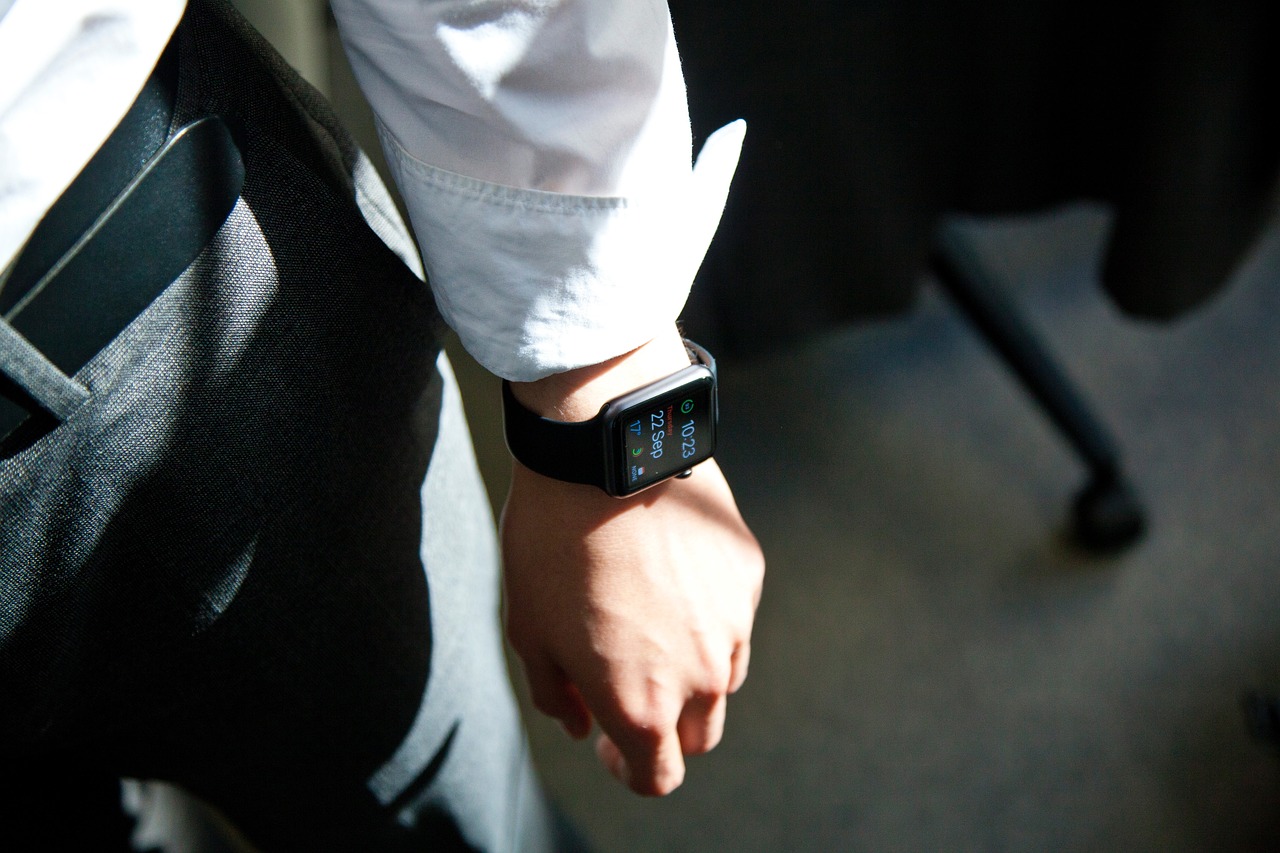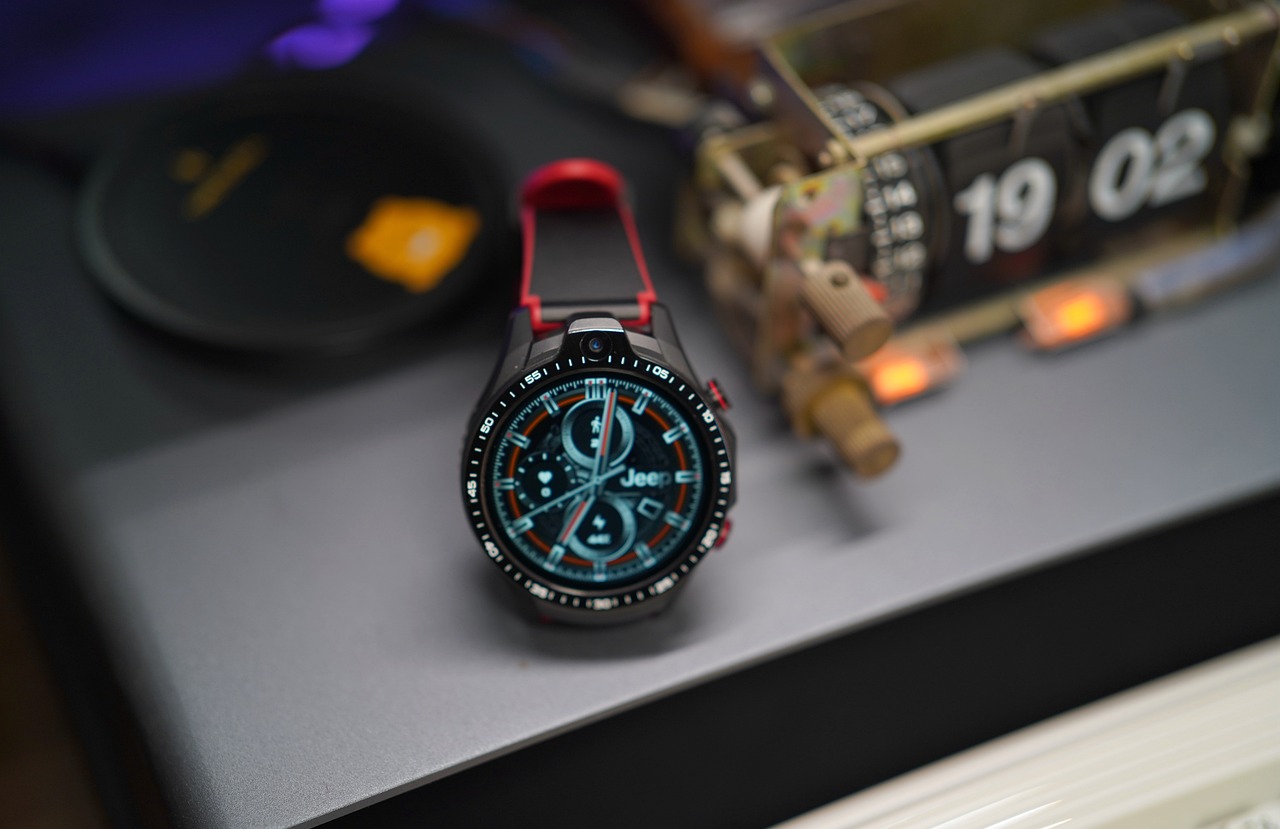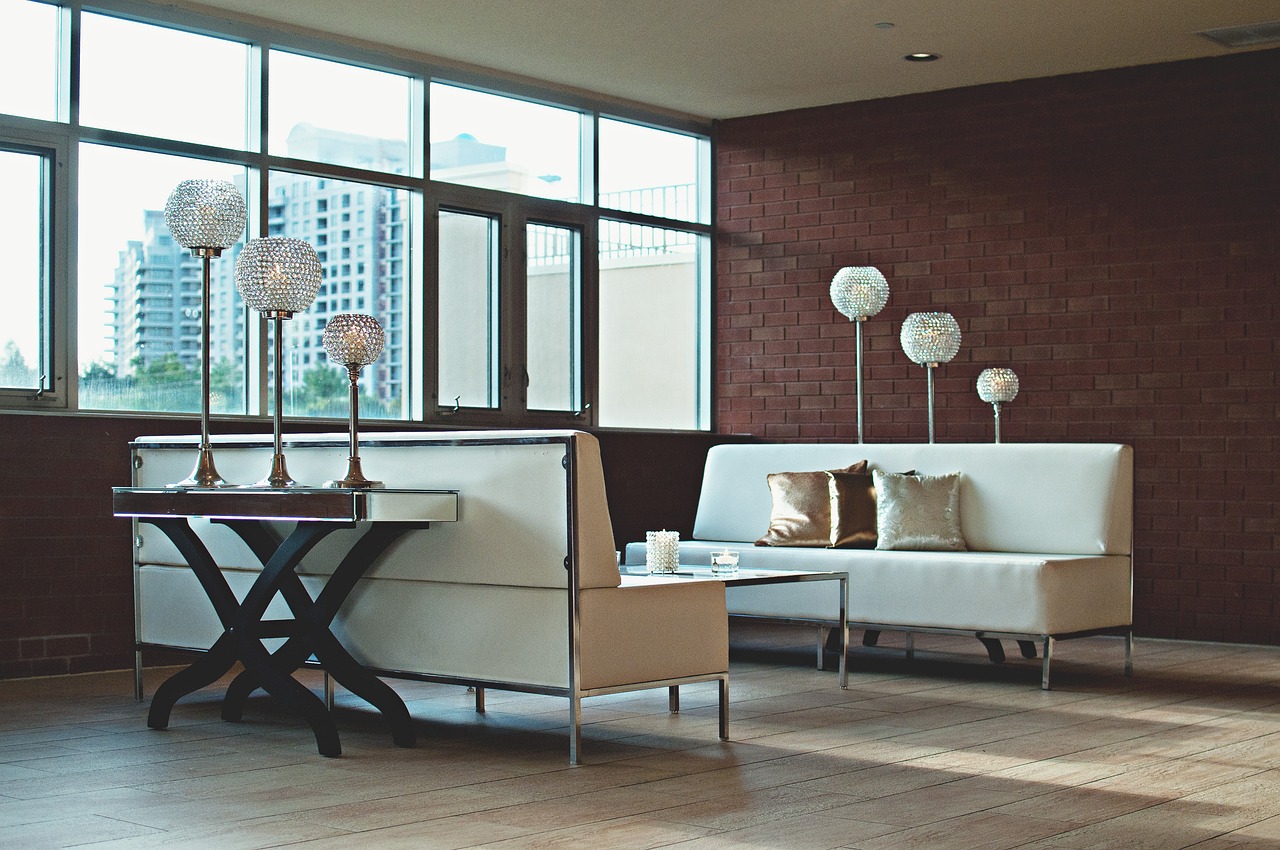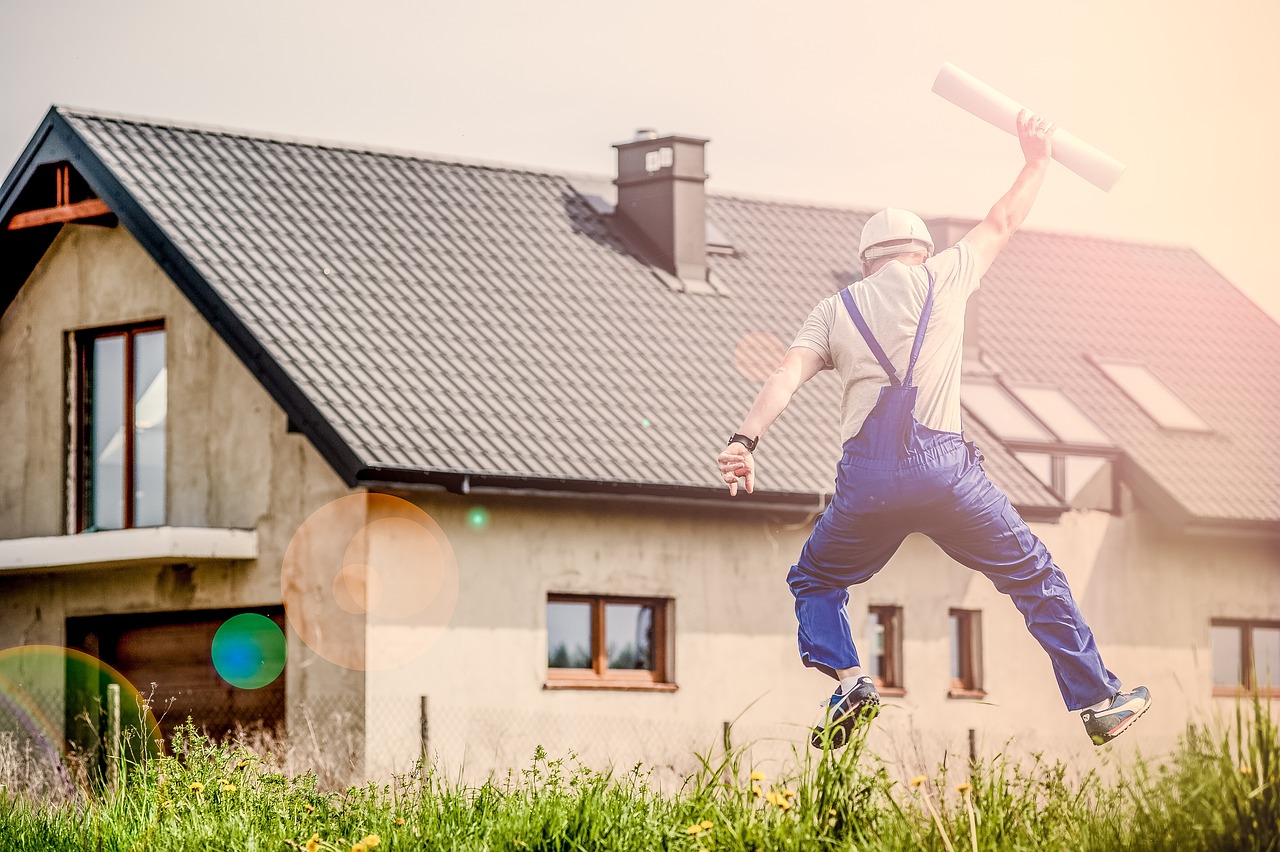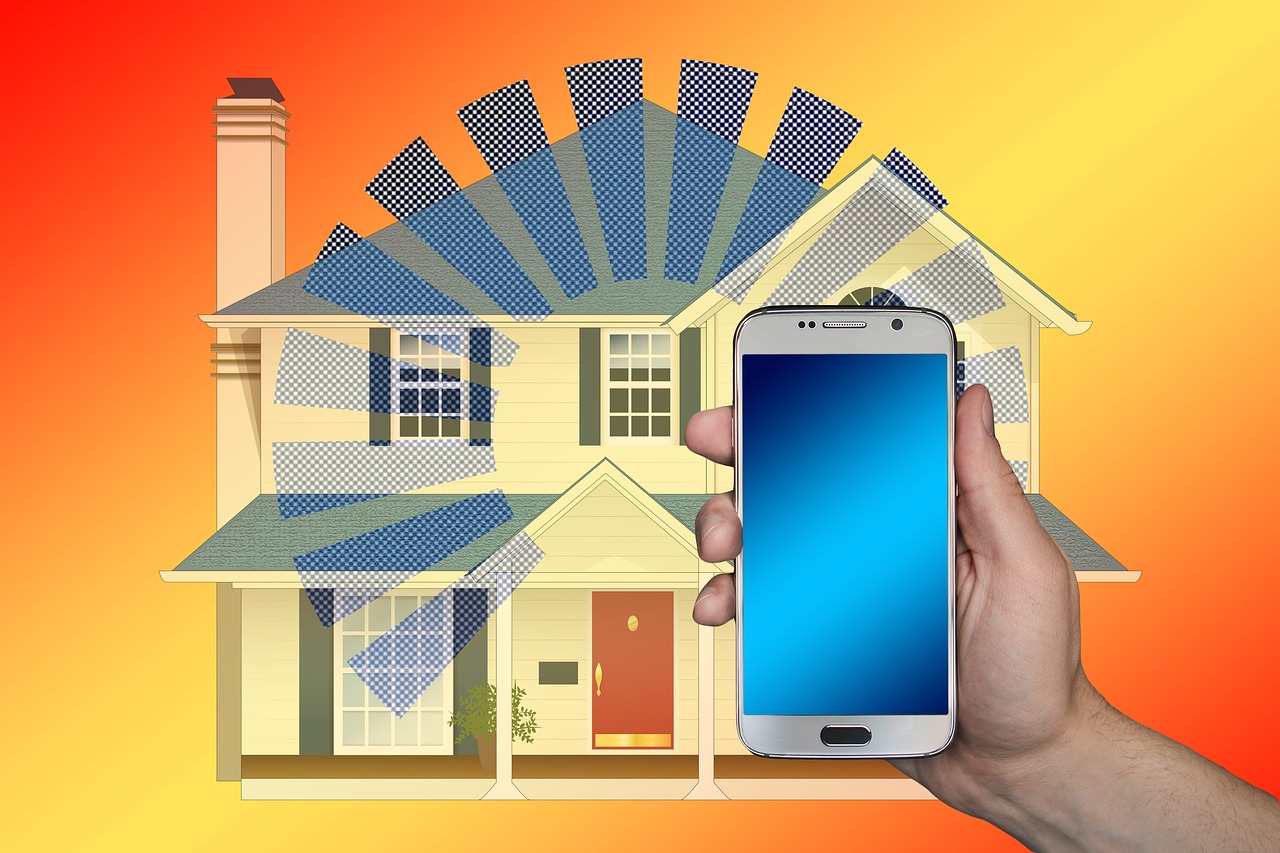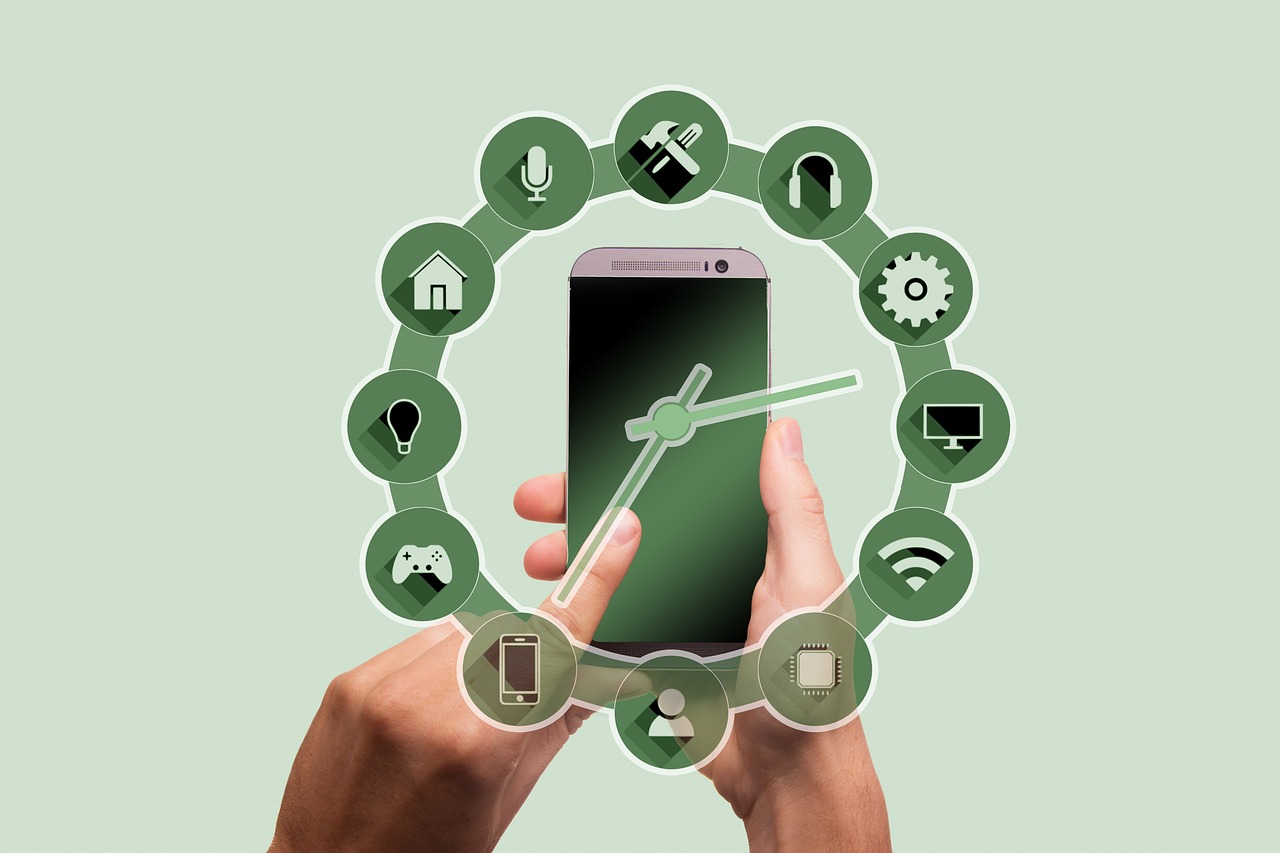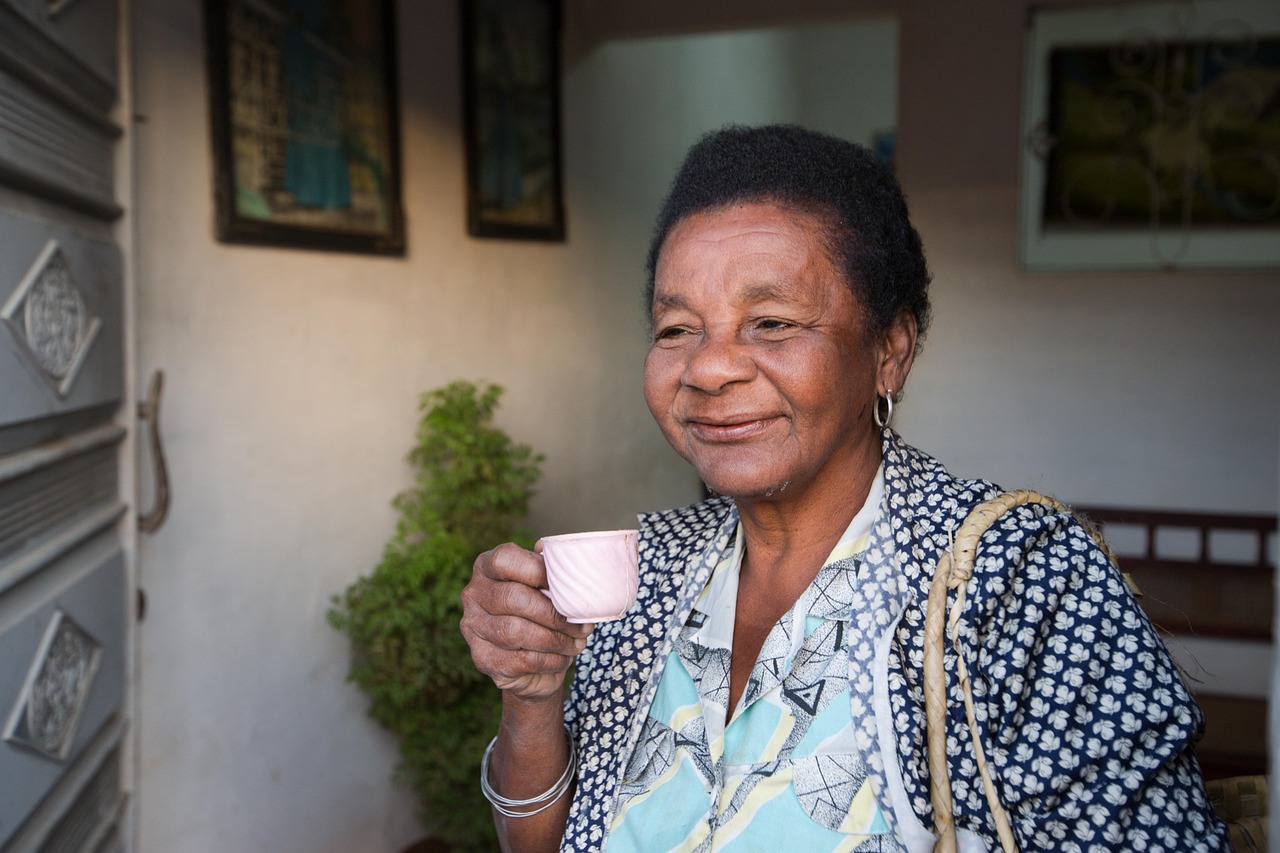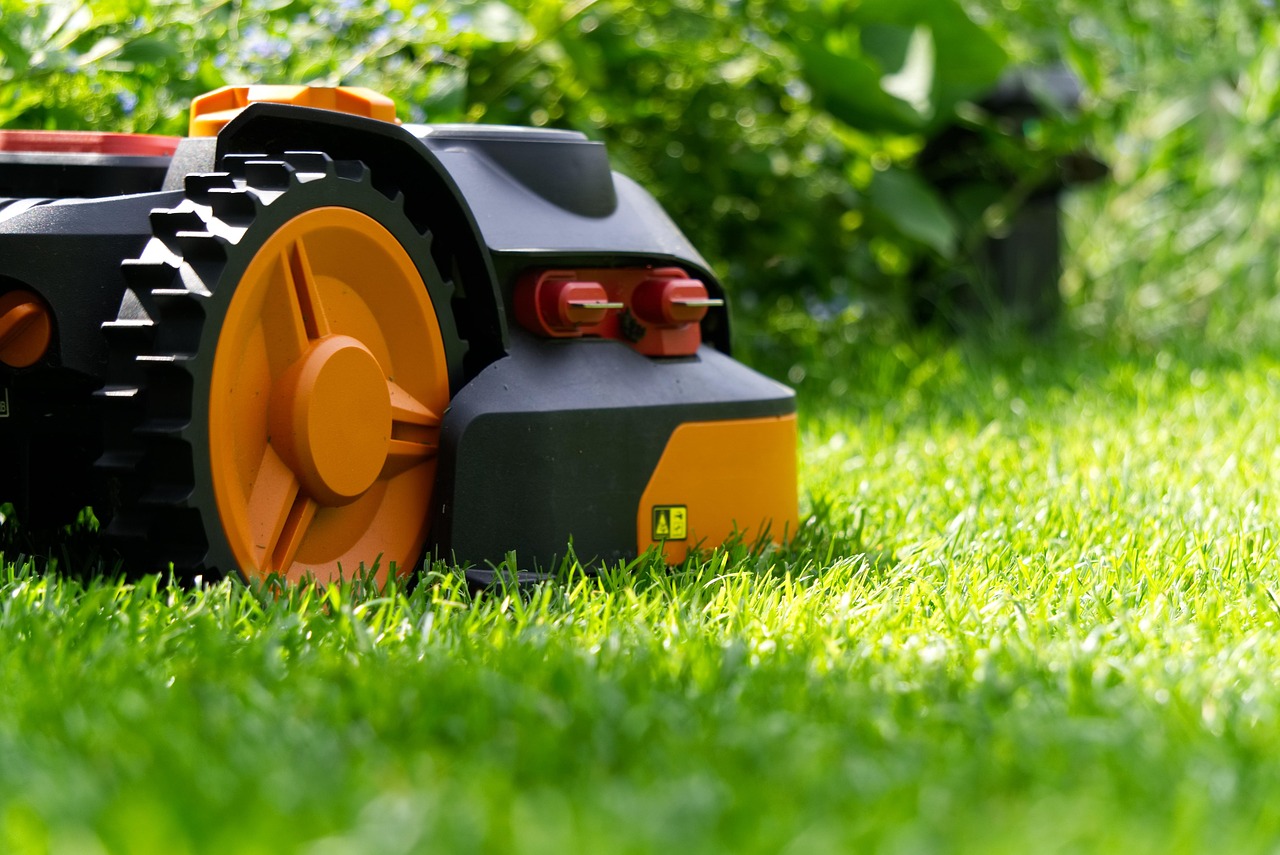This article explores the best smart home devices designed specifically for elderly individuals, enhancing safety, convenience, and independence in their daily lives.
Why Smart Devices Matter for Seniors
Smart devices are essential for elderly individuals as they significantly improve their quality of life. These devices offer enhanced safety, connectivity, and ease of use, making daily tasks more manageable. With the right technology, seniors can maintain their independence while enjoying peace of mind.
Top Smart Home Security Systems
Home security systems are crucial for seniors, providing a sense of safety through surveillance and alerts. Here are some effective systems tailored for elderly users:
- Features to Look for in Security Systems: When choosing a security system, prioritize user-friendly interfaces, emergency alerts, and remote monitoring capabilities.
- Best Security Cameras for Seniors: Look for cameras with high-definition video, motion detection, and easy access features.
- Smart Doorbell Options: Smart doorbells allow seniors to see and communicate with visitors, enhancing safety without the need to open the door.
Emergency Response Systems
Emergency response systems are vital for seniors, enabling quick access to help during emergencies. Explore top options that ensure immediate assistance, allowing seniors to feel secure at home.
Smart Home Assistants for Daily Living
Smart home assistants can greatly enhance daily living for seniors, providing voice-activated support for various tasks and improving connectivity with family and friends.
- Voice-Controlled Assistants: Devices like Amazon Echo and Google Home help seniors manage their environment effortlessly.
- Medication Reminders: Smart devices that provide medication reminders ensure seniors take their prescriptions on time.
Smart Lighting Solutions
Smart lighting systems improve safety and convenience by allowing seniors to control lighting easily, enhancing visibility and reducing fall risks.
- Motion-Sensor Lights: These lights automatically illuminate dark areas, providing safety for seniors.
- Smart Bulbs and Controls: Discover bulbs that can be controlled via smartphone or voice commands.
Health Monitoring Devices
Health monitoring devices are essential for maintaining the well-being of elderly individuals. They provide insights into health and alert caregivers when necessary.
- Wearable Health Trackers: These devices monitor vital signs and activity levels, offering valuable data for seniors.
- Smart Blood Pressure Monitors: These monitors help seniors track their readings easily, ensuring they stay informed about their health.
Conclusion: Empowering Independence with Technology
Smart home devices are instrumental in enhancing the independence and safety of elderly individuals. By integrating these technologies into their daily lives, seniors can live comfortably while staying connected to their loved ones and caregivers.

Why Smart Devices Matter for Seniors
As the population ages, the significance of smart devices for elderly individuals has become increasingly apparent. These devices are not just gadgets; they serve as essential tools that enhance the quality of life for seniors. Understanding their importance can lead to improved safety, connectivity, and overall well-being.
One of the primary benefits of smart devices is their ability to provide a sense of security. Many seniors live alone, making them vulnerable to accidents or emergencies. Smart home security systems, equipped with features like motion detection and emergency alerts, ensure that help is just a button away. This peace of mind is invaluable for both seniors and their families.
Moreover, smart devices facilitate connectivity. With voice-controlled assistants and video calling capabilities, seniors can easily stay in touch with loved ones, reducing feelings of isolation. This connectivity is crucial for mental health, as it fosters social interaction and emotional support.
Ease of use is another critical factor. Many smart devices are designed with user-friendly interfaces, making them accessible for those who may not be tech-savvy. Features like medication reminders and smart lighting can be tailored to individual needs, ensuring that seniors can live independently while receiving the support they require.
In conclusion, the integration of smart devices into the lives of elderly individuals is not just a trend; it is a necessity. By enhancing safety, fostering connectivity, and providing ease of use, these devices empower seniors to maintain their independence and improve their overall quality of life.
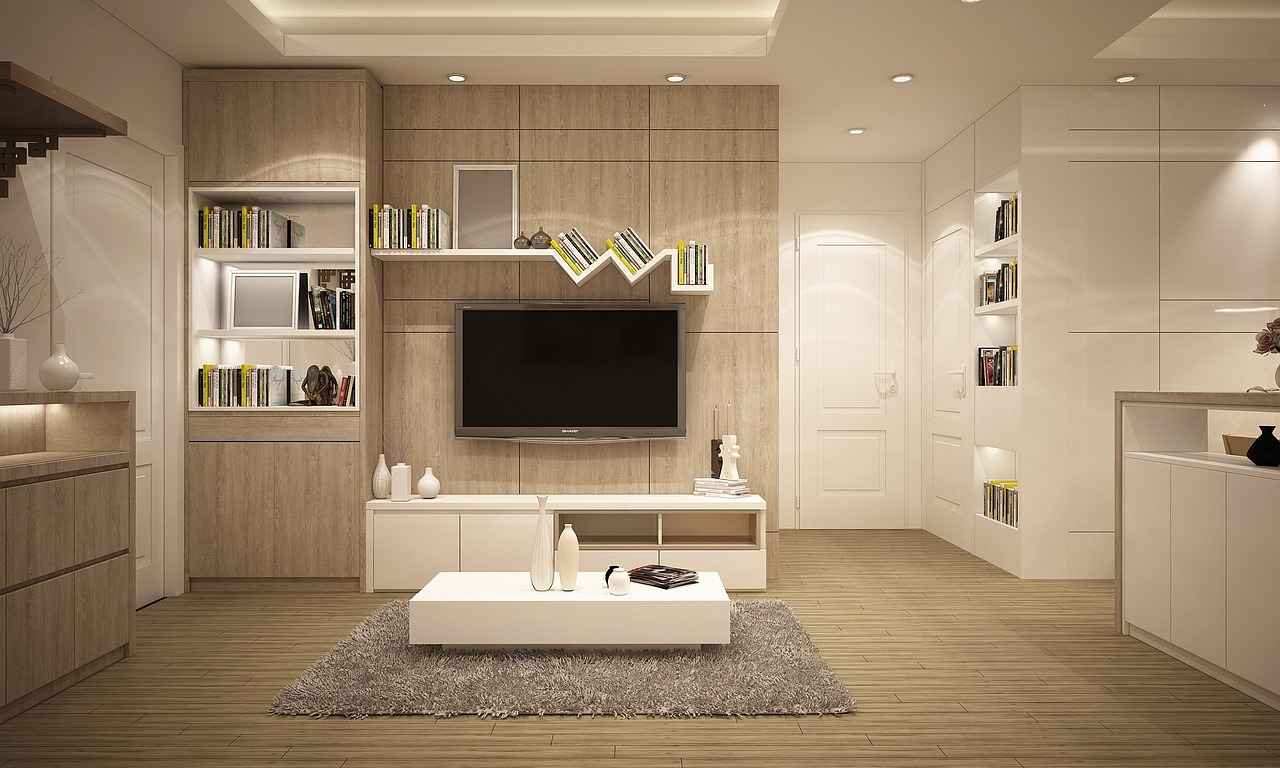
Top Smart Home Security Systems
Home security systems are increasingly becoming a necessity for seniors, providing them with the peace of mind they deserve. These systems not only offer surveillance but also alert features that can be crucial for elderly individuals living independently. With the right security system, seniors can feel safer and more secure in their homes, allowing them to maintain their independence while also staying connected to their loved ones.
When selecting a security system tailored for seniors, it’s essential to consider features that enhance usability and accessibility. Here are some key aspects to look for:
- User-Friendly Interfaces: Systems should be easy to navigate, ideally with large buttons and clear displays.
- Emergency Alerts: Look for systems that can send immediate alerts to family members or emergency services in case of a crisis.
- Remote Monitoring: This feature allows caregivers or family members to check in on the senior’s home from anywhere, providing an extra layer of security.
Additionally, here are some of the best home security systems available that cater specifically to elderly users:
| Security System | Key Features | Best For |
|---|---|---|
| Ring Video Doorbell | Two-way audio, HD video, motion detection | Monitoring visitors without opening the door |
| ADT Security System | 24/7 monitoring, emergency response, home automation | Comprehensive home protection |
| SimpliSafe | DIY installation, customizable plans, no contracts | Budget-friendly options for seniors |
By choosing the right system, seniors can enhance their security and independence. These devices not only protect them but also provide a sense of connection and reassurance, which is invaluable in today’s world.
Features to Look for in Security Systems
When choosing a security system tailored for elderly users, it is essential to prioritize features that enhance usability and safety. Here are some key aspects to consider:
- User-Friendly Interfaces: A security system should have an intuitive interface that allows elderly users to navigate easily. Large icons, clear instructions, and simple controls can significantly reduce confusion and make operation smoother.
- Emergency Alerts: The ability to send immediate alerts in case of emergencies is crucial. Look for systems that offer one-touch emergency buttons or automatic alerts to designated contacts or emergency services.
- Remote Monitoring Capabilities: Systems that allow family members or caregivers to monitor the home remotely provide peace of mind. Features like live video feeds and alerts sent directly to smartphones can keep loved ones informed about the senior’s safety.
- Integration with Other Smart Devices: A security system that integrates seamlessly with other smart home devices enhances overall safety. For example, linking security cameras with smart lighting can help deter intruders and ensure that areas are well-lit when necessary.
- Voice Activation: Voice-activated systems allow seniors to control security features without needing to navigate complicated menus. This hands-free option can be particularly beneficial for those with mobility challenges.
- 24/7 Monitoring Services: Consider systems that offer professional monitoring services around the clock. This ensures that help is always available in case of an emergency, providing an extra layer of security.
- Customizable Alerts: Look for features that allow users to customize alerts based on their preferences. Whether it’s a text message, email, or phone call, having options can enhance responsiveness during critical situations.
By focusing on these features, you can select a security system that not only meets the safety needs of elderly individuals but also empowers them to feel secure and independent in their own homes.
Best Security Cameras for Seniors
When it comes to ensuring the safety and security of elderly individuals at home, selecting the right security cameras is crucial. The not only provide high-definition video but also incorporate features like motion detection and easy access, allowing seniors to feel secure in their living spaces.
Here are some of the top features to consider when choosing security cameras:
- High-Definition Video Quality: Cameras with HD resolution ensure that every detail is captured clearly, making it easier to identify faces and objects.
- Motion Detection: This feature alerts users when movement is detected, providing peace of mind and immediate awareness of any activity around the home.
- Remote Access: Many modern cameras come with mobile apps, allowing seniors and their families to monitor the home from anywhere, enhancing convenience and security.
- Two-Way Audio: This feature lets seniors communicate with visitors or caregivers through the camera, adding an extra layer of interaction and safety.
- Easy Installation: User-friendly setups are essential for seniors who may not be tech-savvy. Look for cameras that can be installed without professional help.
Some of the top-rated security cameras for seniors include:
| Camera Model | Key Features | Price Range |
|---|---|---|
| Arlo Pro 4 | HD video, color night vision, two-way audio | $199 – $249 |
| Ring Indoor Cam | Motion detection, two-way talk, easy setup | $59 – $99 |
| Wyze Cam v3 | 1080p HD, night vision, affordable | $35 – $50 |
In conclusion, investing in the right security camera can significantly enhance a senior’s sense of safety and independence. By prioritizing features that cater to their specific needs, families can ensure their loved ones feel secure and connected within their homes.
Smart Doorbell Options
have become an essential component of home security, particularly for the elderly. These innovative devices not only enhance safety but also foster a sense of independence for seniors living alone. By enabling users to see and communicate with visitors without physically opening the door, smart doorbells provide a vital layer of protection.
One of the primary benefits of smart doorbells is the ability to view visitors in real-time through a smartphone or tablet. This feature is particularly advantageous for seniors who may feel vulnerable answering the door to strangers. With a simple tap, they can assess who is outside and decide whether to engage or remain inside, significantly reducing the risk of unwanted intrusions.
Additionally, many smart doorbells come equipped with two-way audio systems. This allows seniors to communicate directly with visitors, delivery personnel, or even potential solicitors without needing to approach the door. This feature is especially useful for those with mobility issues, as it eliminates the need to physically move to the entrance.
Moreover, smart doorbells often include motion detection alerts, notifying users when someone approaches their home. This proactive security measure allows seniors to stay informed about their surroundings, enhancing their peace of mind. Some models even offer cloud storage for recorded video footage, which can be invaluable in case of security incidents.
In conclusion, are an excellent investment for elderly individuals seeking to enhance their home security. By allowing seniors to monitor their front door from a distance and communicate with visitors safely, these devices not only protect but also empower them to maintain their independence.
| Feature | Description |
|---|---|
| Real-time Video | View visitors through a smartphone app. |
| Two-way Audio | Communicate without opening the door. |
| Motion Detection | Receive alerts when someone approaches. |
| Cloud Storage | Store video footage for security purposes. |
Emergency Response Systems
are essential for seniors, providing a crucial lifeline during emergencies. As we age, the likelihood of experiencing health issues or accidents increases, making it imperative to have a reliable way to summon help. These systems not only offer peace of mind but also promote independence, enabling elderly individuals to live confidently in their own homes.
When considering the best emergency response systems, it is important to evaluate several factors:
- Ease of Use: The system should have a simple interface that seniors can operate without confusion.
- 24/7 Monitoring: Look for services that provide round-the-clock monitoring to ensure assistance is always available.
- Response Time: Quick response times are critical; choose systems known for their efficiency in alerting emergency services.
- Fall Detection: Some systems include automatic fall detection, which can be lifesaving if the individual is unable to press the button themselves.
- Mobile Options: Many modern systems offer mobile applications, allowing seniors to call for help even when away from home.
Some of the top emergency response systems available today include:
| System | Key Features | Price Range |
|---|---|---|
| Life Alert | 24/7 monitoring, fall detection, mobile app | $49-$89/month |
| Medical Guardian | GPS tracking, waterproof devices, no long-term contracts | $29.95-$49.95/month |
| Bay Alarm Medical | Fall detection, in-home and mobile options, free equipment | $19.95-$39.95/month |
In conclusion, investing in an emergency response system is a vital step towards ensuring safety for seniors. With the right system in place, elderly individuals can enjoy greater independence while knowing that help is just a button press away. By choosing a system that meets their specific needs, seniors can enhance their quality of life and reduce the anxiety associated with living alone.
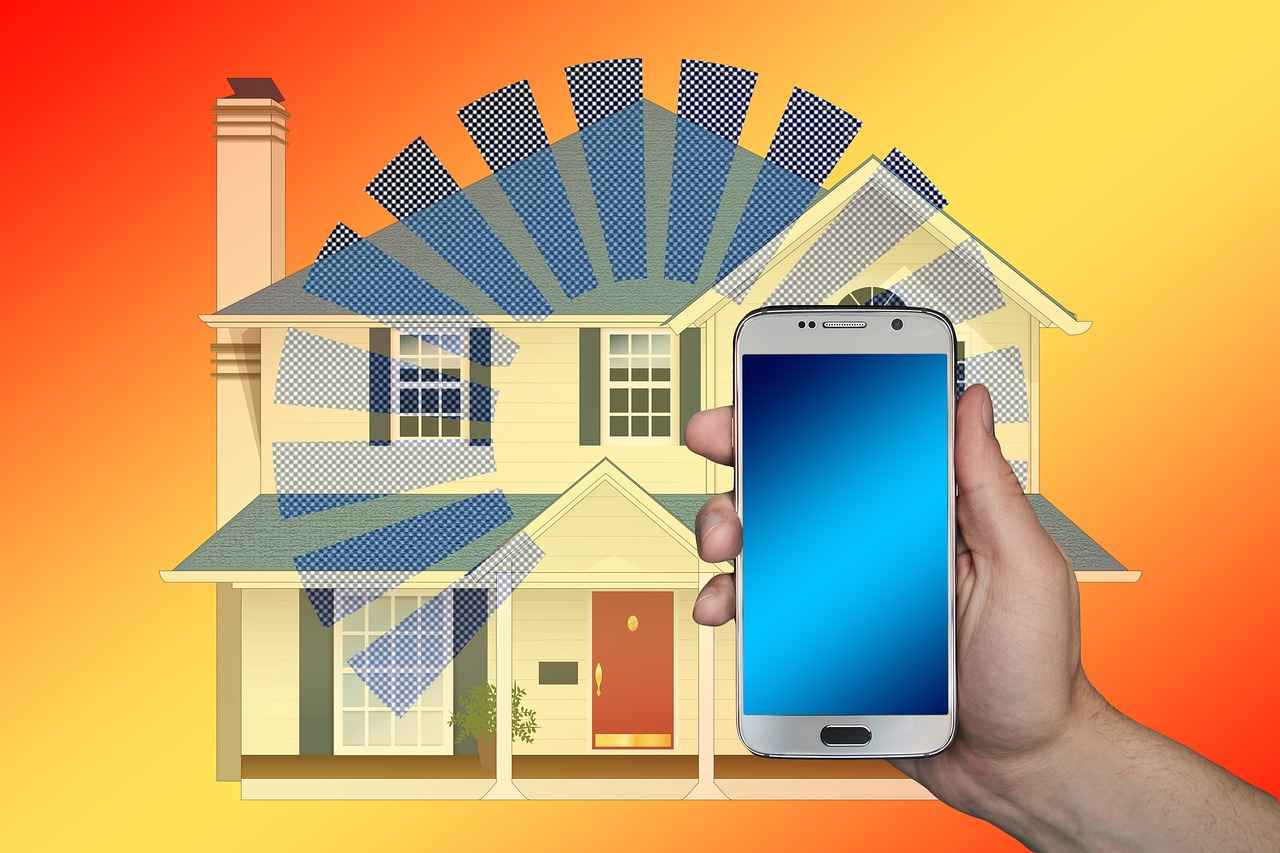
Smart Home Assistants for Daily Living
Smart home assistants have revolutionized the way seniors engage with their surroundings, offering a range of features that promote independence and enhance daily living. These voice-activated devices not only streamline various tasks but also foster a sense of connectivity with family and friends, making them invaluable companions for elderly individuals.
One of the most significant advantages of smart home assistants is their ability to provide hands-free support. Seniors can easily manage their home environment without needing to physically interact with devices. For instance, they can control lights, adjust thermostats, or even lock doors simply by using their voice. This capability is particularly beneficial for those with mobility challenges, allowing them to maintain control over their living space.
Moreover, smart home assistants can serve as a communication hub for seniors. With features like video calling and messaging, they can effortlessly stay in touch with loved ones, reducing feelings of isolation. This connectivity is essential for mental well-being, as it helps seniors maintain relationships and engage in social interactions.
Additionally, many smart assistants come equipped with features that support health management. For example, they can issue medication reminders, ensuring that seniors take their prescriptions on time. This functionality not only promotes adherence to medication schedules but also provides peace of mind for both seniors and their caregivers.
In conclusion, smart home assistants significantly enhance daily living for seniors by providing voice-activated support for various tasks, improving connectivity with family and friends, and offering health management features. By integrating these devices into their daily routines, seniors can enjoy a greater sense of independence and security in their homes.
Voice-Controlled Assistants
have revolutionized the way seniors interact with their home environments, providing a seamless blend of convenience and accessibility. Devices such as Amazon Echo and Google Home empower elderly individuals to manage various aspects of their daily lives using simple voice commands. This technology not only enhances the quality of life but also promotes independence among seniors.
One of the key benefits of these voice-controlled assistants is their ability to control smart home devices effortlessly. Seniors can adjust the thermostat, turn on lights, or even lock doors without needing to physically move around their homes. This feature is particularly beneficial for those with mobility challenges, allowing them to maintain a comfortable living environment.
Furthermore, voice assistants can play music, read audiobooks, and provide news updates, which can significantly reduce feelings of isolation. By simply asking, seniors can enjoy their favorite tunes or stay informed about current events, fostering a sense of connection to the world around them.
In addition to entertainment and comfort, voice-controlled assistants offer practical functionalities like setting reminders for medication or appointments. This feature is crucial for seniors who may struggle to keep track of their schedules. With a simple voice command, they can receive timely alerts, ensuring they adhere to their health routines.
Moreover, these devices can facilitate communication with family and friends through voice calls or video chats, bridging the gap between generations. The ease of use makes it simple for seniors to stay in touch with loved ones, enhancing their emotional well-being.
In conclusion, are not just gadgets; they are vital tools that promote safety, independence, and connectivity for seniors. By integrating these technologies into their daily lives, elderly individuals can enjoy a greater sense of autonomy and comfort in their homes.
Medication Reminders
are essential tools for seniors, playing a crucial role in managing their health and well-being. These smart devices are designed to ensure that elderly individuals take their medications at the appropriate times, thereby reducing the risk of missed doses or medication errors. With the increasing complexity of medication regimens, the importance of these reminders cannot be overstated.
Many seniors face challenges in remembering when to take their medications, especially if they are prescribed multiple drugs. This is where smart technology comes into play. Devices such as smart pill dispensers and medication management apps provide timely alerts and notifications, helping seniors adhere to their prescribed schedules.
- Smart Pill Dispensers: These devices can be programmed to dispense the correct dosage at the right time. They often feature alarms and visual cues, ensuring that seniors do not miss a dose.
- Mobile Apps: Many apps allow users to set reminders on their smartphones, providing flexibility and convenience. They can send push notifications and even connect to caregivers or family members for added support.
- Voice-Activated Assistants: Devices like Amazon Echo or Google Home can be used to set verbal reminders, making it easier for seniors to receive alerts without needing to navigate through complex menus.
In addition to reminders, these smart devices often come with features that allow for tracking medication adherence. Caregivers can monitor whether medications have been taken, providing peace of mind and ensuring that any missed doses can be addressed promptly.
Ultimately, smart medication reminders empower seniors to take control of their health, fostering independence while ensuring proper medication management. By integrating these technologies into their daily routines, seniors can enjoy improved health outcomes and a better quality of life.
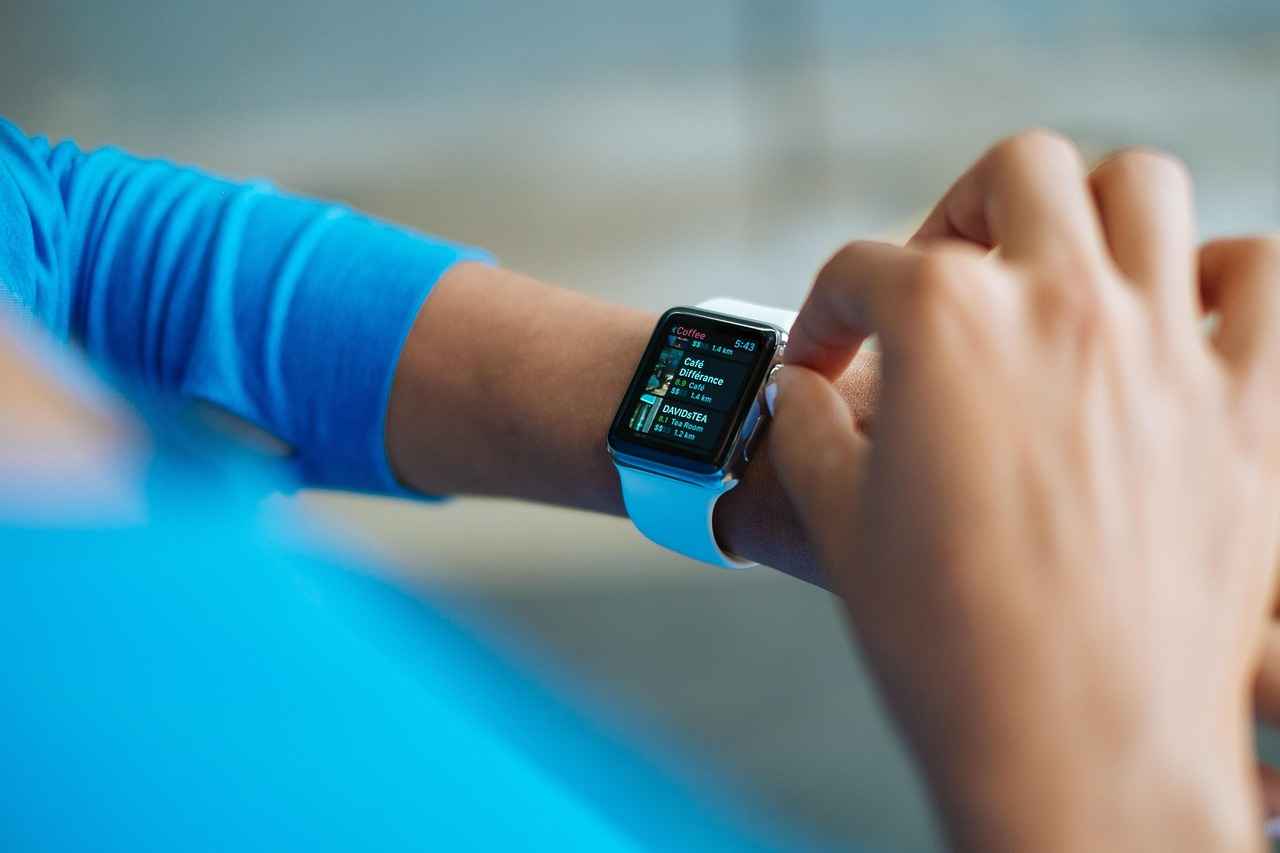
Smart Lighting Solutions
are transforming the way elderly individuals interact with their living spaces, providing not only convenience but also enhanced safety. These innovative systems allow seniors to control lighting easily, which is essential for maintaining visibility and reducing the risk of falls.
As we age, our vision and mobility can decline, making it crucial to have well-lit environments. Smart lighting systems address these challenges through various features:
- Remote Control: Seniors can adjust lighting from their smartphones or tablets, eliminating the need to navigate dark rooms.
- Voice Activation: With voice-controlled systems, seniors can turn lights on or off simply by speaking, making it easier for those with mobility issues.
- Customizable Settings: Users can set schedules for lights to automatically turn on at specific times, ensuring that they always have adequate lighting when needed.
One of the most significant advantages of smart lighting is the integration of motion-sensor lights. These lights automatically illuminate when someone enters a room, providing immediate light and enhancing safety during nighttime. This feature is particularly beneficial for seniors who may need to move around their homes during the night, as it reduces the likelihood of accidents caused by darkness.
Moreover, smart bulbs can also be programmed to mimic natural light patterns, which can help regulate sleep cycles and improve overall well-being. By adjusting brightness and color temperature, seniors can create a more comfortable living environment tailored to their needs.
In conclusion, play a pivotal role in enhancing the safety and independence of elderly individuals. By providing easy control, improved visibility, and features designed specifically for their needs, these systems empower seniors to navigate their homes confidently and securely.
Motion-Sensor Lights
are an innovative solution designed to enhance safety and convenience, particularly for seniors who may face mobility challenges during nighttime. These lights automatically turn on when they detect movement, illuminating dark areas and helping to prevent falls and accidents in the home.
For many elderly individuals, navigating through dimly lit spaces can be daunting. serve as a practical aid, ensuring that they can easily find their way to the bathroom, kitchen, or other essential areas without the need to fumble for switches or risk tripping over obstacles. This technology not only improves visibility but also instills a sense of security, allowing seniors to feel more confident in their movements at night.
Moreover, the installation of these lights is typically straightforward, requiring minimal effort. They can be placed in various locations, such as hallways, staircases, and entryways, providing comprehensive coverage throughout the home. Many models are also equipped with adjustable sensitivity settings, allowing users to customize how much movement is needed to activate the light.
In addition to enhancing safety, motion-sensor lights contribute to energy efficiency. Since they only activate when someone is present, they help reduce electricity consumption, which is beneficial for both the environment and the household budget. This feature is particularly advantageous for seniors looking to manage their expenses while maintaining a comfortable living environment.
Overall, represent a valuable addition to any senior’s home, combining safety, convenience, and energy efficiency. By illuminating dark areas automatically, they provide peace of mind and independence, enabling elderly individuals to navigate their homes with confidence and ease.
Smart Bulbs and Controls
In the realm of smart home technology, smart bulbs stand out as a remarkable innovation, especially for seniors seeking to enhance their living environment without unnecessary physical strain. These intelligent lighting solutions can be effortlessly controlled through a smartphone app or voice commands, providing an unparalleled level of convenience and accessibility.
One of the significant advantages of smart bulbs is their ability to adjust brightness and color temperature according to individual preferences and needs. This feature is particularly beneficial for seniors who may have varying eyesight requirements throughout the day. For instance, a warm light can create a cozy atmosphere in the evening, while bright daylight settings can help with activities such as reading or crafting.
- Voice Control: Many smart bulbs are compatible with popular virtual assistants like Amazon Alexa and Google Assistant, allowing seniors to control their lighting hands-free. This is particularly useful for those with mobility issues.
- Scheduling Features: Smart bulbs can be programmed to turn on or off at specific times, ensuring that lights are on when needed—like during the night when navigating the home.
- Energy Efficiency: These bulbs consume significantly less energy than traditional bulbs, which not only saves on electricity bills but also contributes to environmental sustainability.
Furthermore, the integration of smart bulbs into a broader smart home ecosystem can enhance overall safety. For example, pairing smart bulbs with motion sensors can ensure that lights activate automatically when someone enters a room, reducing the risk of falls in dimly lit areas.
In conclusion, smart bulbs are not just a luxury; they are a practical solution that empowers seniors to maintain their independence while ensuring safety and comfort in their homes. By embracing this technology, elderly individuals can enjoy a brighter, more adaptable living space with minimal effort.

Health Monitoring Devices
are essential tools that significantly contribute to the overall well-being of elderly individuals. These devices not only provide critical insights into health metrics but also play a pivotal role in ensuring safety and timely interventions.
As we age, our health needs become more complex, making regular monitoring vital. can track various parameters such as heart rate, blood pressure, and activity levels, offering both seniors and their caregivers a comprehensive view of health status.
For elderly individuals, maintaining independence while ensuring safety is crucial. Health monitoring devices serve as a bridge between these two needs. They can alert caregivers to any concerning changes in health, allowing for prompt action when necessary. This capability is particularly beneficial for seniors living alone or those with chronic conditions.
- Wearable Health Trackers: These devices, such as smartwatches, monitor vital signs like heart rate and activity levels. They can also track sleep patterns, providing insights into overall health.
- Smart Blood Pressure Monitors: These devices allow seniors to measure their blood pressure at home, ensuring they stay informed about their cardiovascular health.
- Glucose Monitors: For seniors with diabetes, smart glucose monitors provide real-time data, helping manage their condition effectively.
- Medication Management Systems: These devices remind seniors when to take their medications, reducing the risk of missed doses.
The integration of health monitoring devices into daily life offers numerous benefits:
- Enhanced Safety: Timely alerts can prevent health emergencies.
- Improved Communication: Data can be shared with healthcare providers, fostering better management of health conditions.
- Empowerment: Seniors can take an active role in managing their health, promoting independence.
In conclusion, are invaluable for elderly individuals, providing essential health insights and enhancing safety. By embracing technology, seniors can maintain their independence while ensuring their well-being is closely monitored.
Wearable Health Trackers
have become increasingly popular among seniors, providing essential tools for monitoring health and maintaining independence. These innovative devices are designed to track various vital signs, including heart rate, activity levels, and even sleep patterns, enabling elderly individuals and their healthcare providers to gain valuable insights into their well-being.
One of the primary benefits of wearable health trackers is their ability to continuously monitor heart rate. This feature is particularly crucial for seniors, as heart-related issues can arise unexpectedly. By keeping track of their heart rate in real-time, seniors can quickly identify any irregularities and seek medical attention if necessary.
Additionally, these devices encourage physical activity by tracking daily steps and exercise. Many wearable trackers provide personalized goals and reminders, motivating seniors to stay active and maintain a healthy lifestyle. Regular physical activity is vital for reducing the risk of chronic diseases and improving overall health outcomes.
Moreover, wearable health trackers often include features such as sleep tracking, which can help seniors understand their sleep patterns and make necessary adjustments to improve their rest. Good sleep is essential for cognitive function and overall health, making this feature particularly beneficial.
Another significant advantage is the ability to share health data with healthcare providers. Many wearable devices come equipped with apps that allow users to easily share their health statistics with doctors, ensuring that they receive timely and appropriate care. This connectivity fosters a collaborative approach to health management, enhancing the quality of care seniors receive.
In conclusion, offer a plethora of benefits for seniors, from monitoring vital signs to promoting physical activity and improving communication with healthcare providers. By integrating these devices into their daily routines, elderly individuals can enjoy a greater sense of independence and well-being.
Smart Blood Pressure Monitors
are increasingly becoming essential tools for seniors who wish to maintain their cardiovascular health. These innovative devices simplify the process of tracking blood pressure readings, making it easier for older adults to stay informed about their health status.
With user-friendly interfaces and advanced technology, smart blood pressure monitors allow seniors to take readings at home without the need for frequent doctor visits. This convenience not only saves time but also reduces the stress often associated with medical appointments.
- Ease of Use: Many models feature large, easy-to-read displays and simple one-button operation, making them accessible for those with limited technical skills.
- Data Tracking: These devices often come with accompanying apps that store historical data, allowing users to track their readings over time and identify trends in their blood pressure.
- Alerts and Reminders: Some smart monitors can send notifications to remind users when it’s time to take their blood pressure, ensuring they never miss a reading.
- Doctor Connectivity: Many smart blood pressure monitors can share data directly with healthcare providers, enabling timely interventions if any concerning patterns emerge.
Furthermore, the integration of Bluetooth and Wi-Fi technology in these devices allows for seamless syncing with smartphones and tablets. This feature not only enhances user experience but also provides family members and caregivers with real-time access to the health data of their loved ones.
In conclusion, smart blood pressure monitors are invaluable for seniors aiming to stay proactive about their health. By offering convenience, ease of use, and connectivity, these devices empower older adults to manage their cardiovascular health effectively and independently.

Conclusion: Empowering Independence with Technology
In today’s fast-paced world, smart home devices have emerged as a transformative solution for the elderly, significantly enhancing their independence and safety. These innovative technologies enable seniors to maintain a comfortable lifestyle while staying connected to their loved ones and caregivers, thereby fostering a sense of community and support.
One of the most compelling advantages of smart home devices is their ability to provide real-time monitoring. Many of these devices come equipped with features that allow family members and caregivers to keep track of the user’s well-being. For instance, smart health monitoring devices can alert caregivers if there are any irregularities in a senior’s vital signs, ensuring immediate attention if needed.
Moreover, smart home assistants play a crucial role in simplifying daily tasks. With voice-activated commands, seniors can easily control their home environment, from adjusting the thermostat to turning off lights. This not only promotes autonomy but also reduces the risk of accidents, such as falls, that can occur when attempting to navigate a space in the dark.
Additionally, smart security systems provide peace of mind. Features such as motion detection, security cameras, and smart doorbells empower seniors to monitor their surroundings without compromising their safety. They can see who is at the door and communicate with visitors without needing to physically open it, which is particularly beneficial for those with mobility challenges.
In conclusion, the integration of smart home technology into the lives of elderly individuals is a game-changer. By enhancing connectivity, security, and convenience, these devices not only promote independence but also enrich the quality of life for seniors. As technology continues to evolve, it will undoubtedly play an even more significant role in supporting the elderly, allowing them to thrive in their own homes.
Frequently Asked Questions
- What are the benefits of smart home devices for seniors?
Smart home devices provide enhanced safety, convenience, and independence for elderly individuals. They help seniors manage their daily tasks, stay connected with family, and ensure quick access to help in emergencies.
- How can smart security systems help elderly individuals?
Smart security systems offer features like remote monitoring, emergency alerts, and user-friendly interfaces. These features are designed to give seniors peace of mind, allowing them to feel safer in their homes.
- Are voice-controlled assistants easy for seniors to use?
Absolutely! Voice-controlled assistants like Amazon Echo and Google Home are designed with simplicity in mind. Seniors can easily manage tasks such as playing music or adjusting lights just by using their voice.
- What types of health monitoring devices are recommended for seniors?
Wearable health trackers and smart blood pressure monitors are highly recommended. They help seniors keep track of vital signs and health metrics, ensuring they stay informed and can alert caregivers if needed.
- How do smart lighting solutions benefit elderly people?
Smart lighting solutions, such as motion-sensor lights, provide automatic illumination in dark areas, significantly reducing the risk of falls and enhancing overall safety for seniors.
